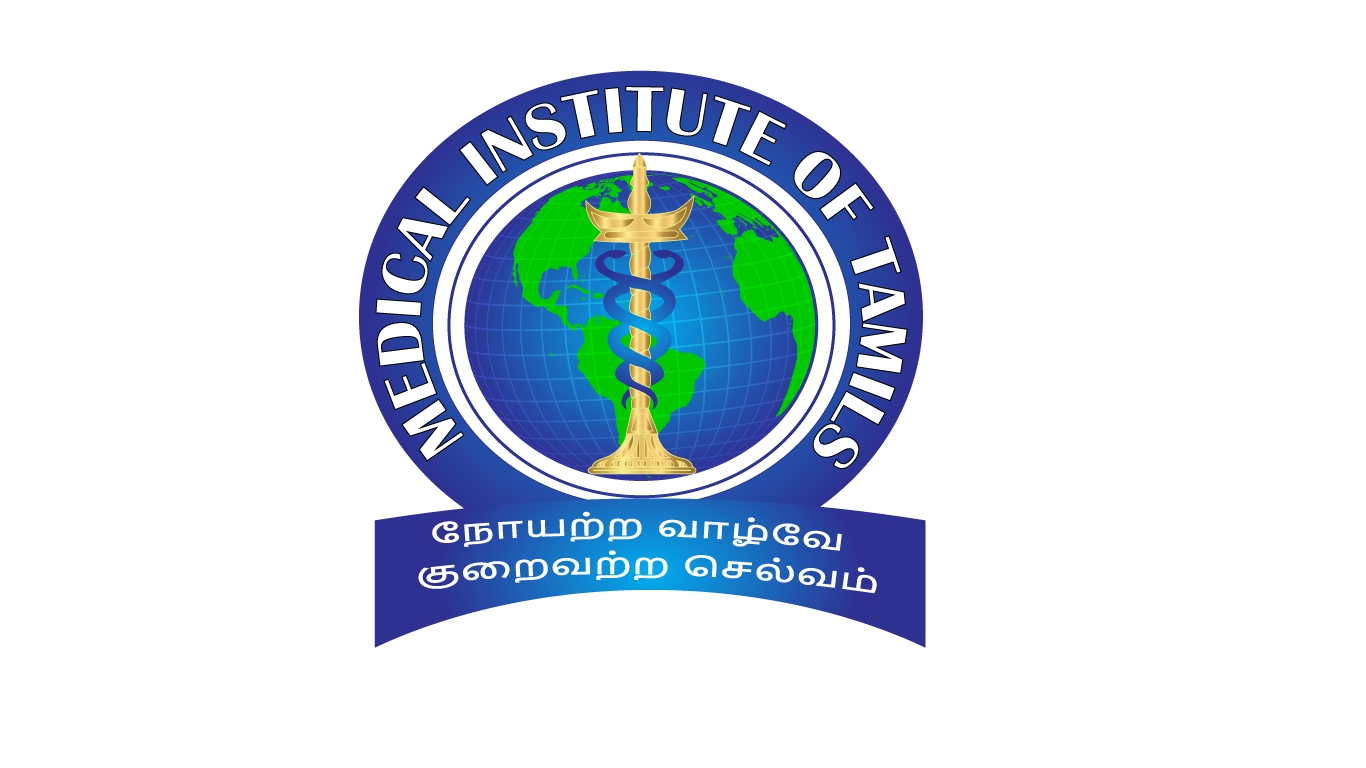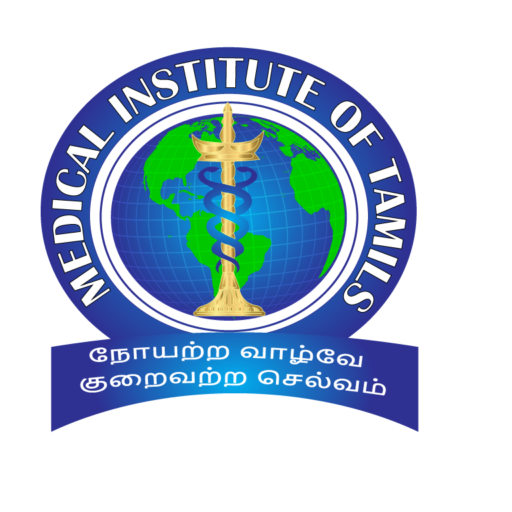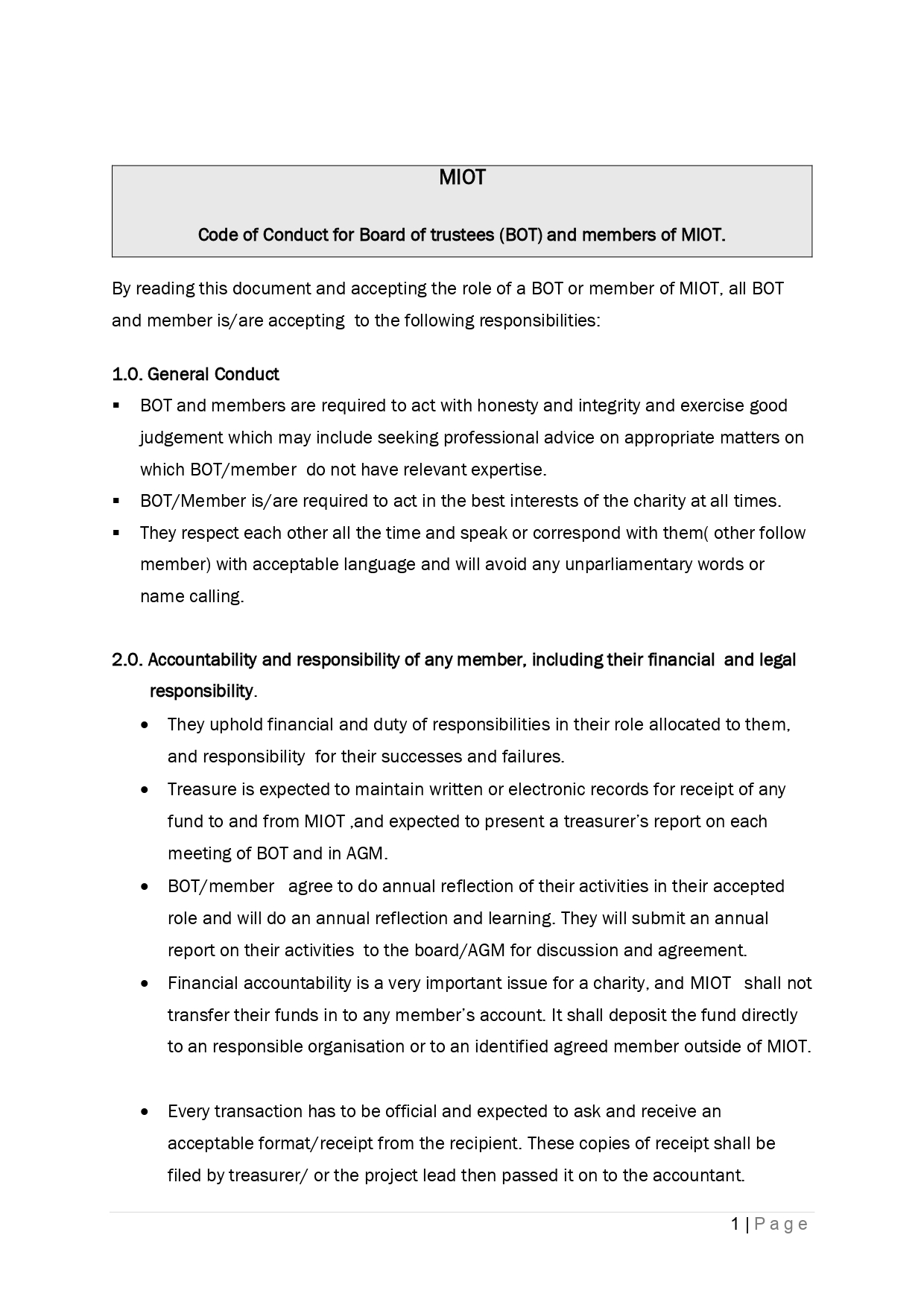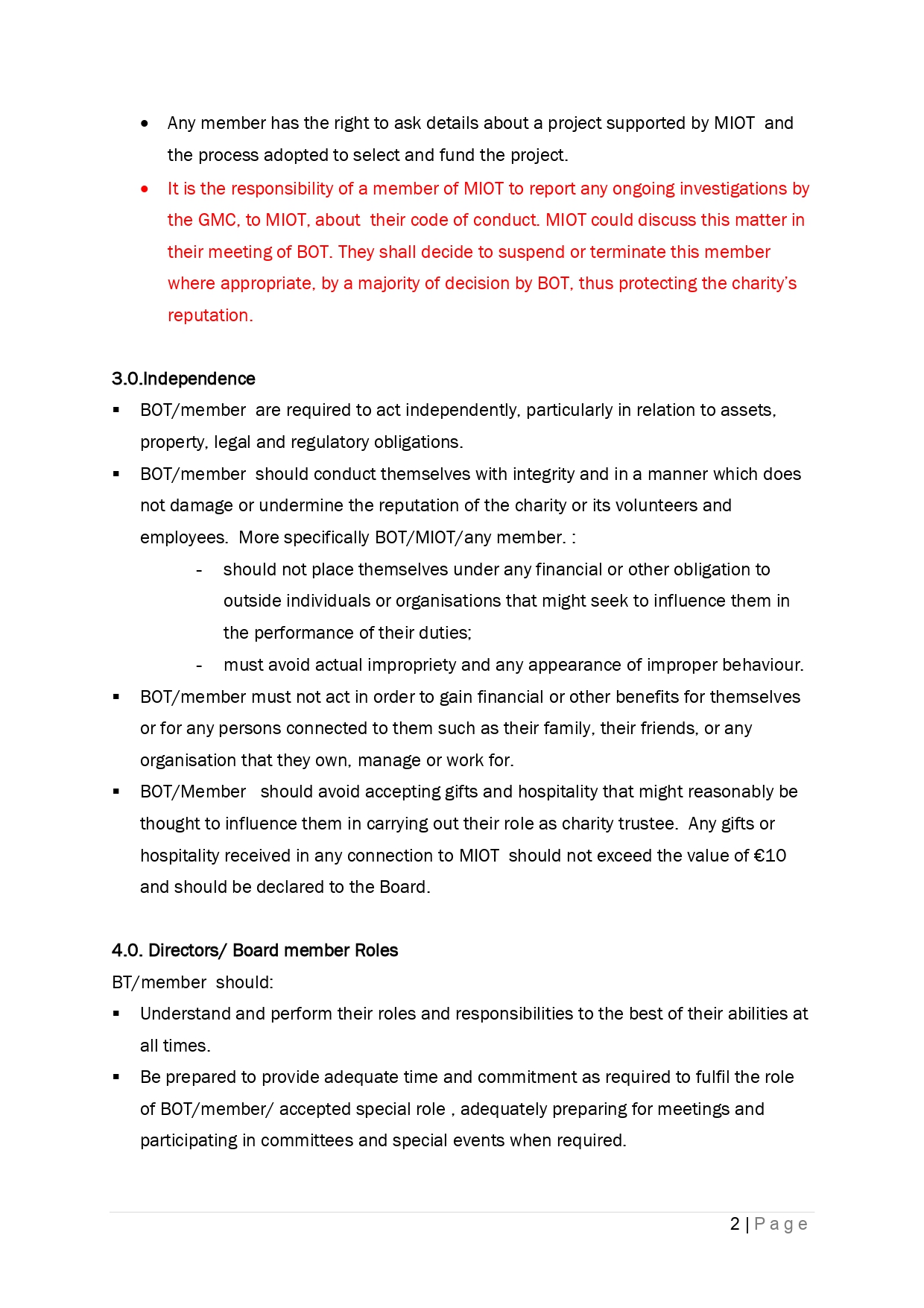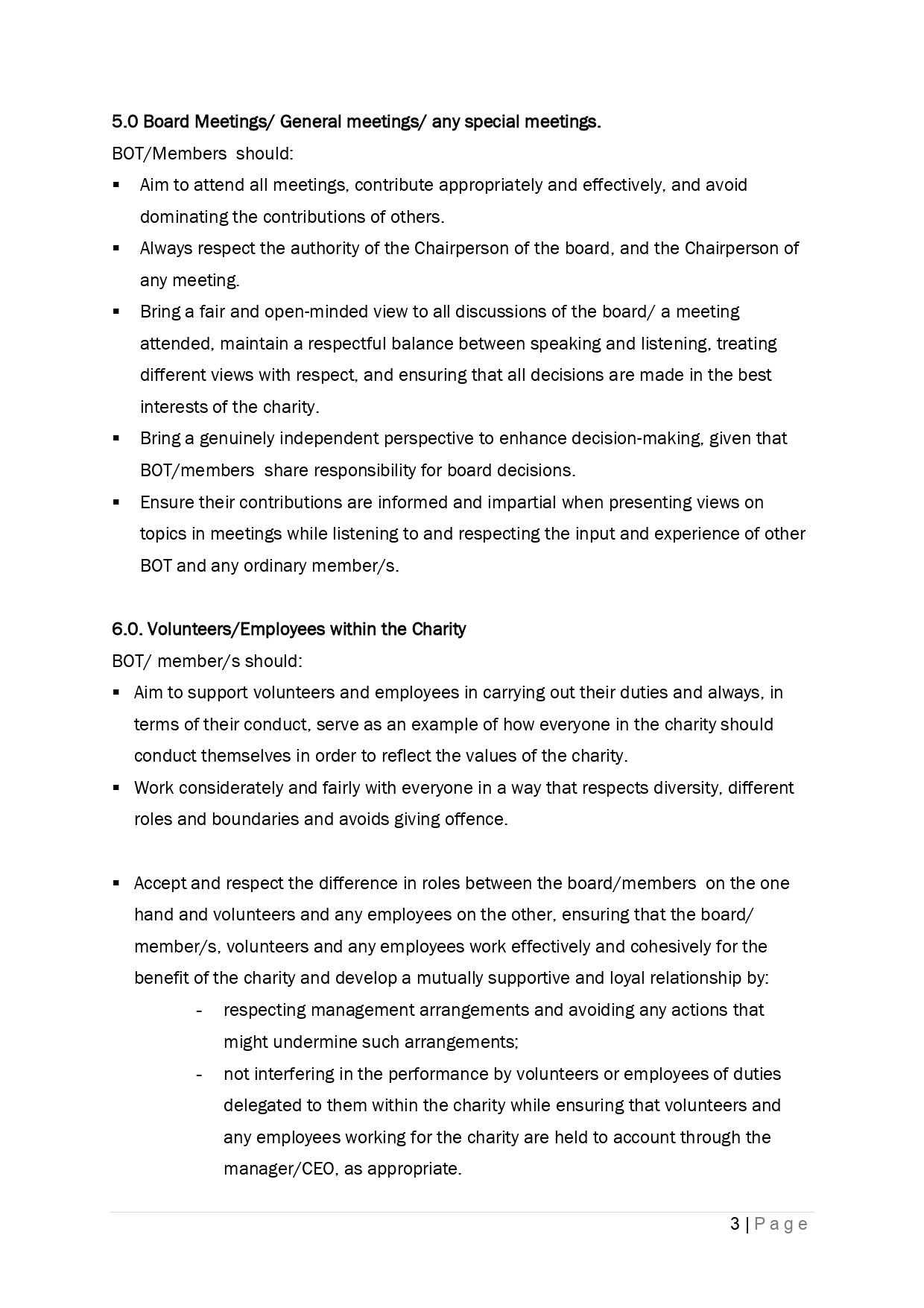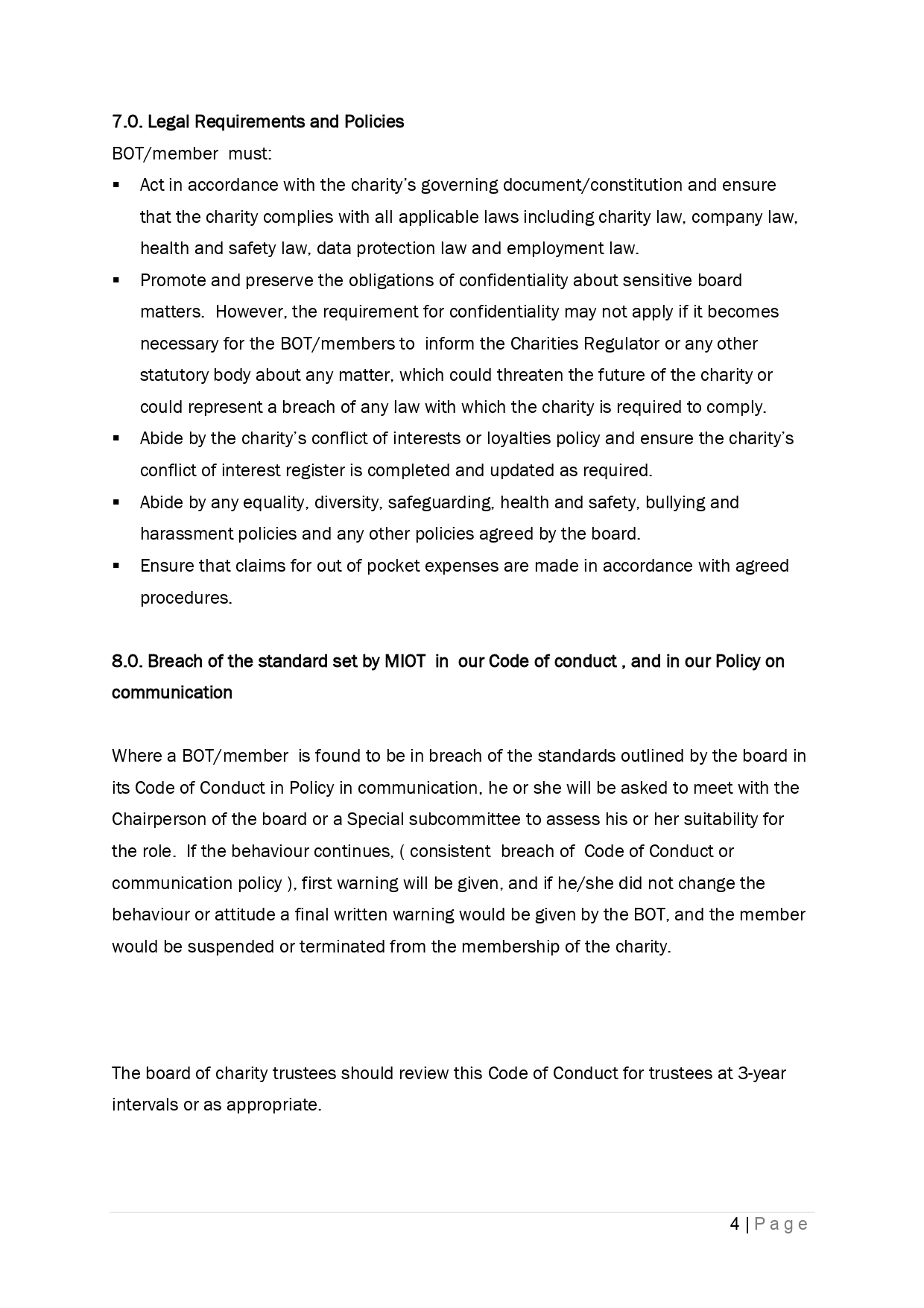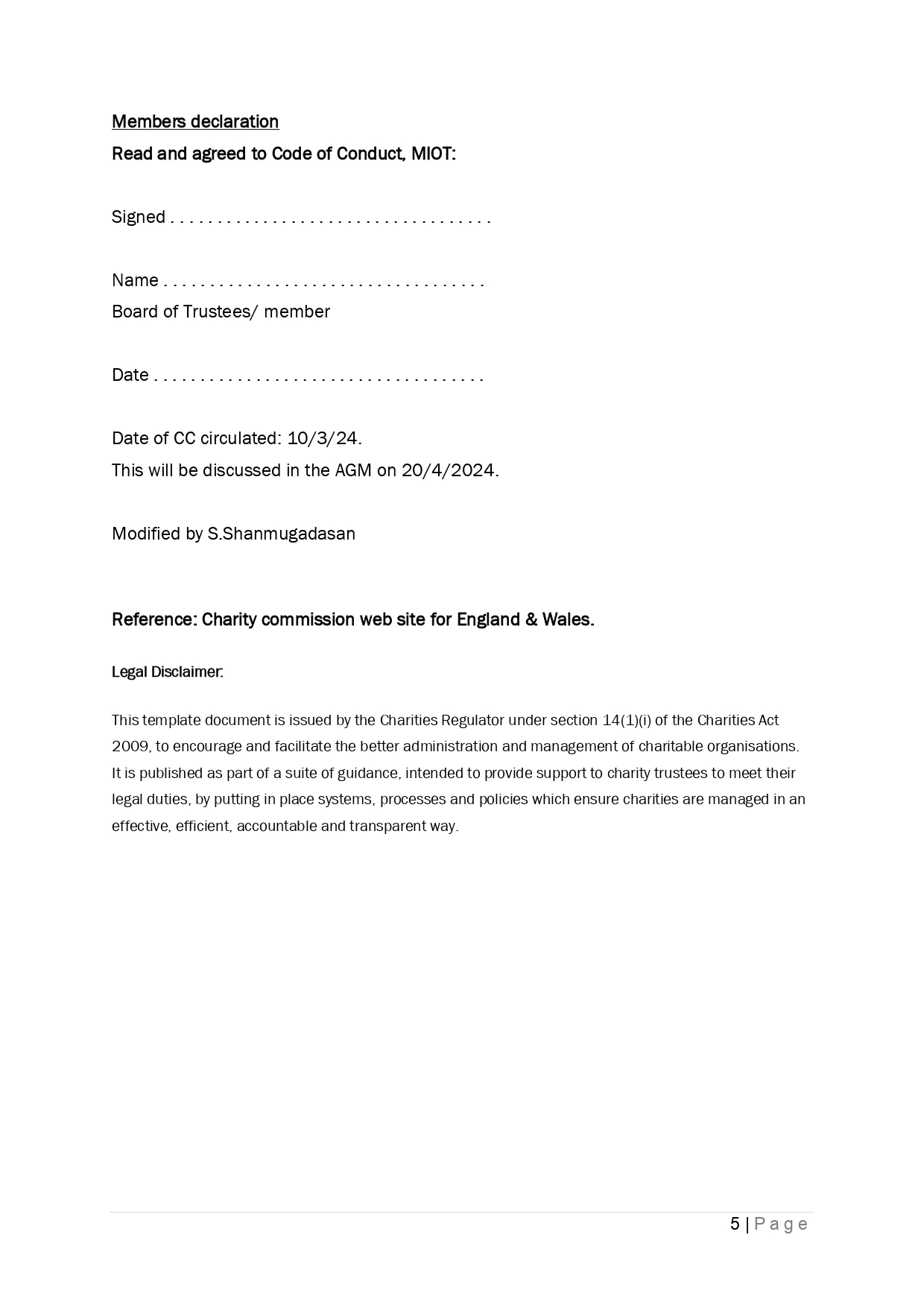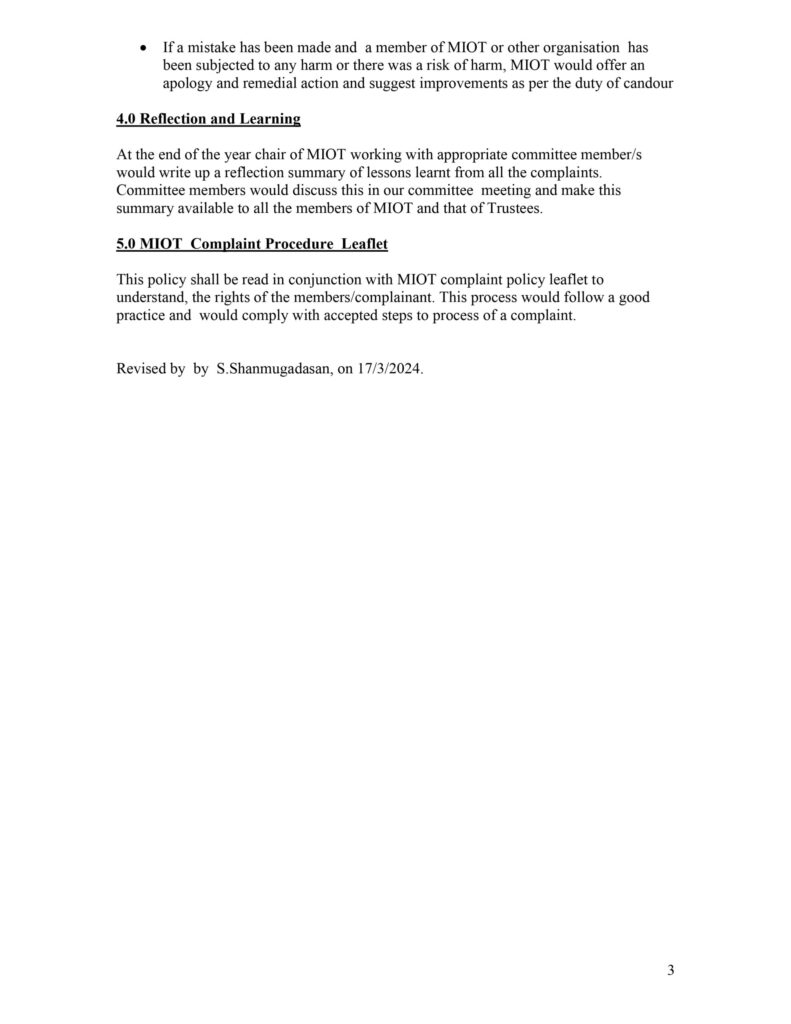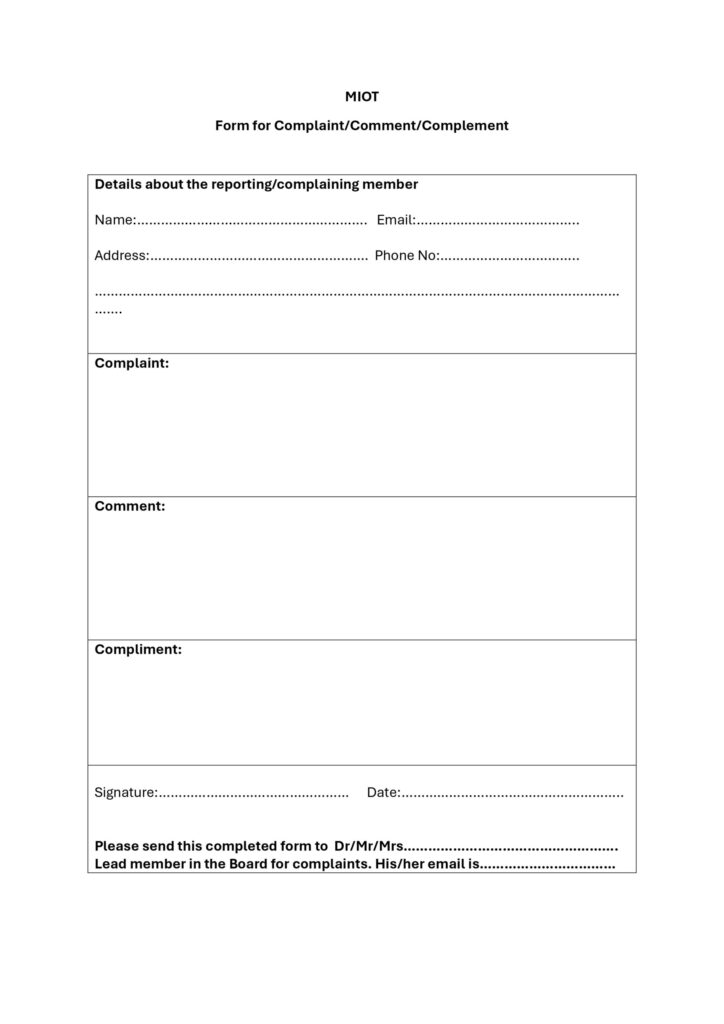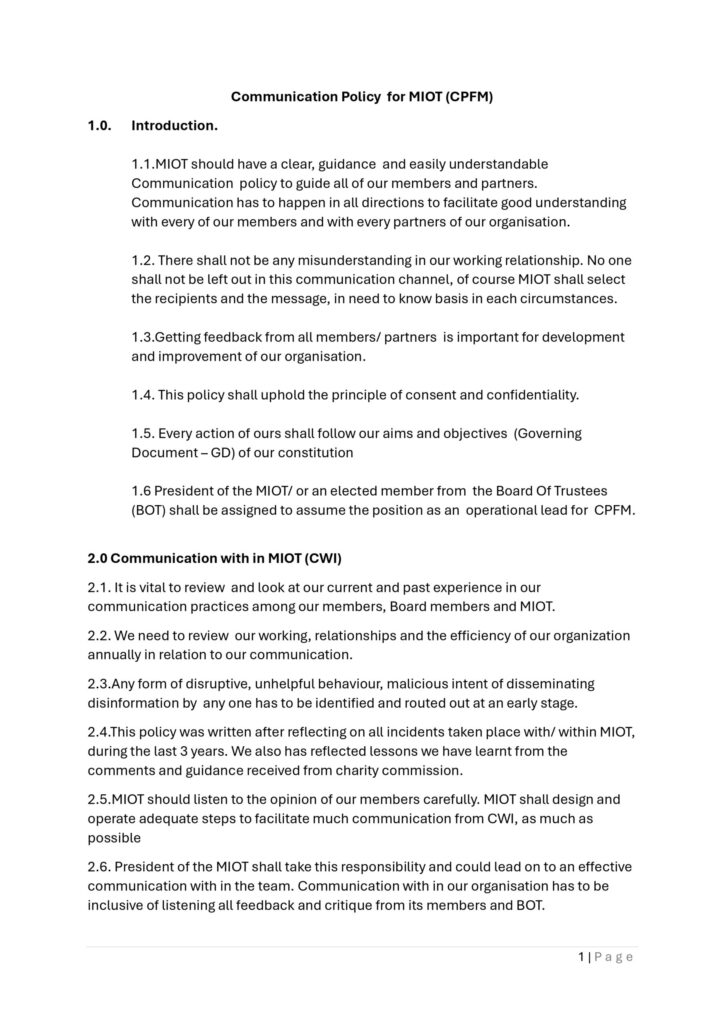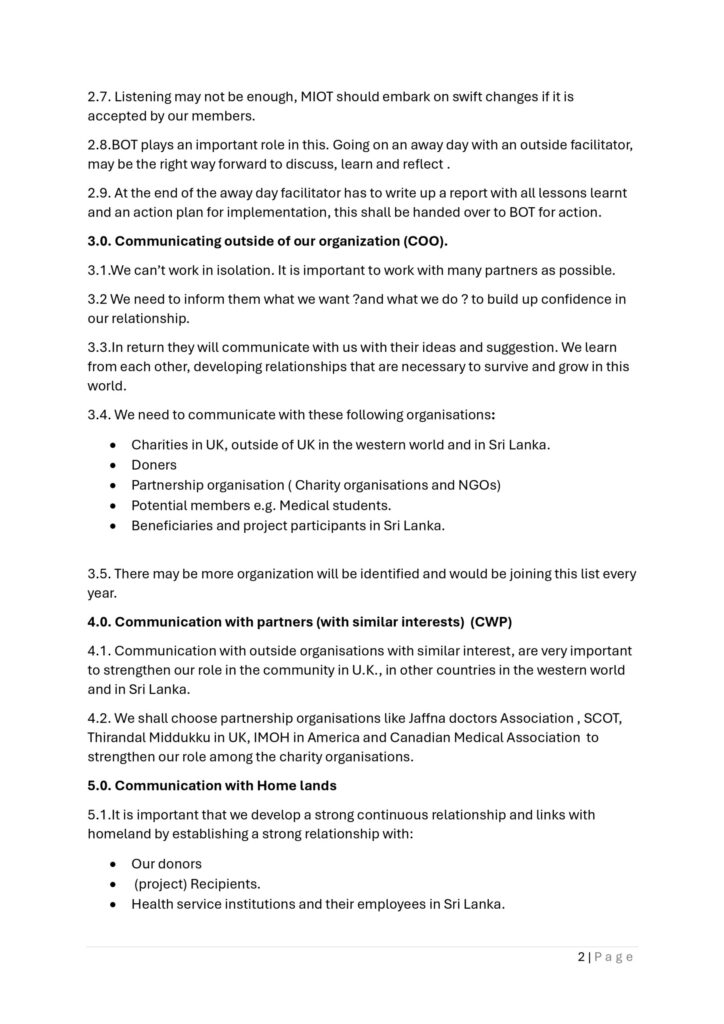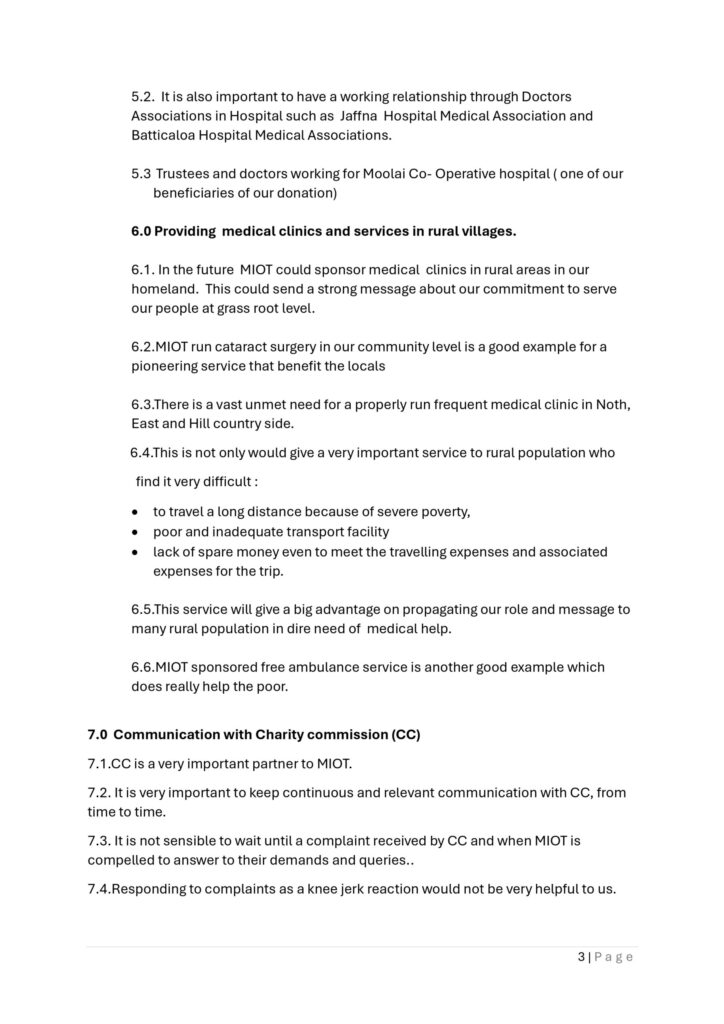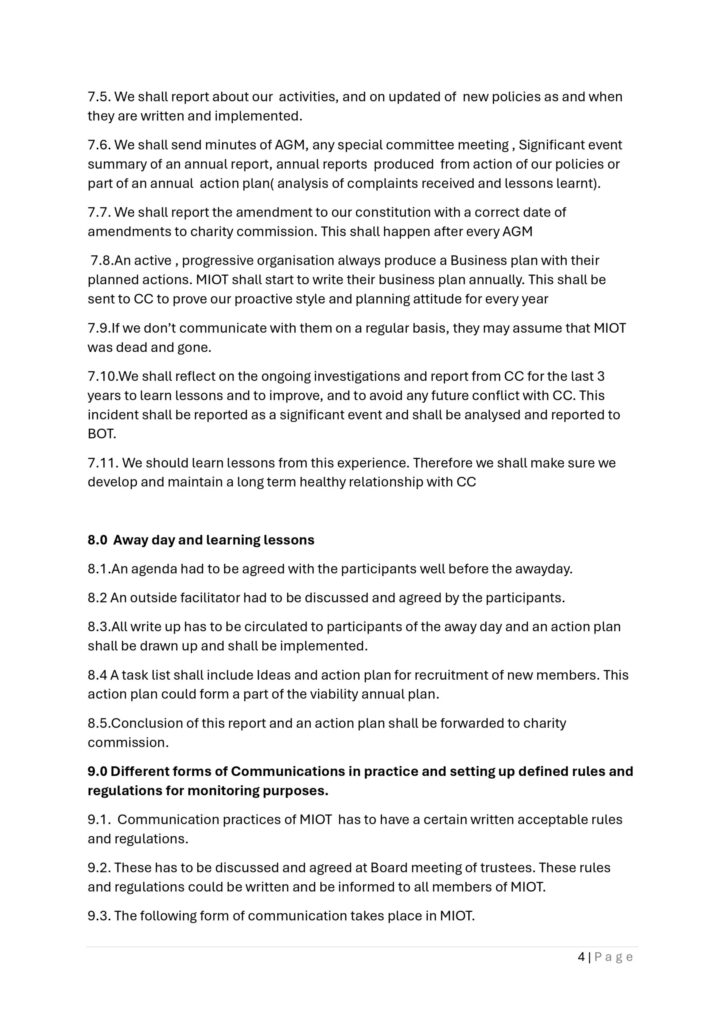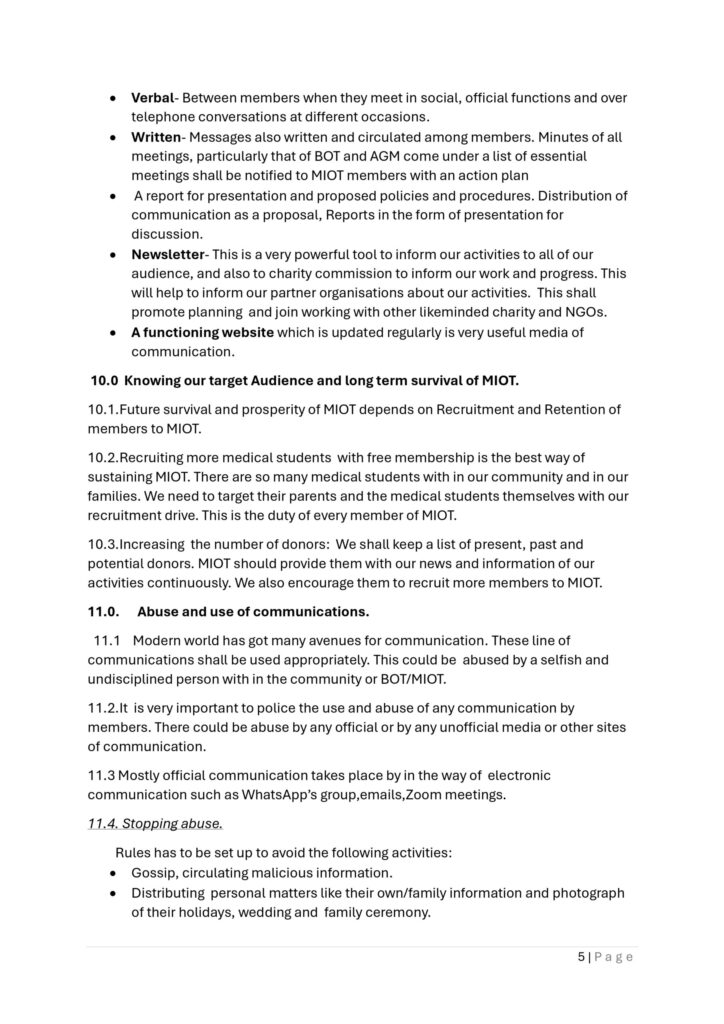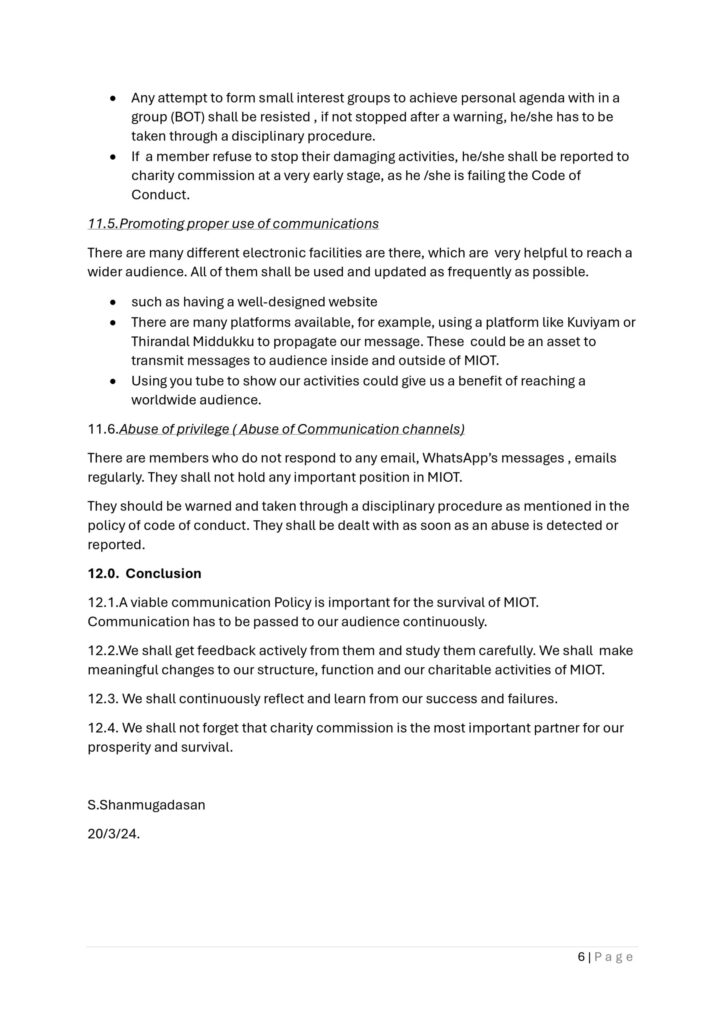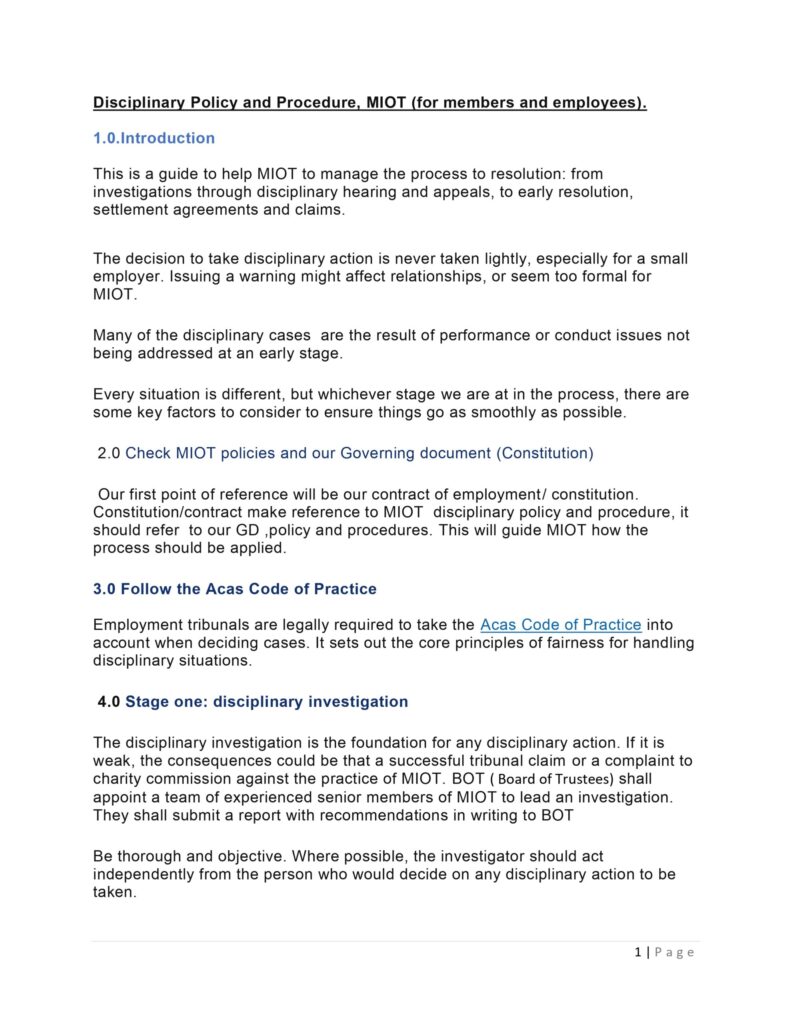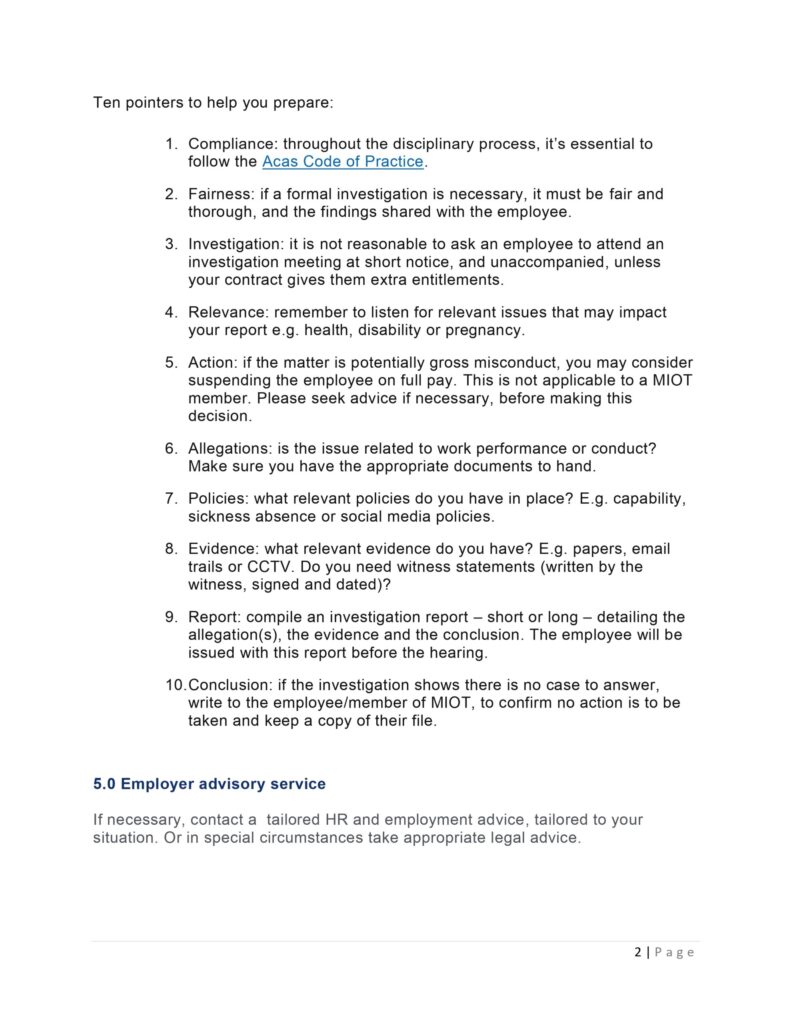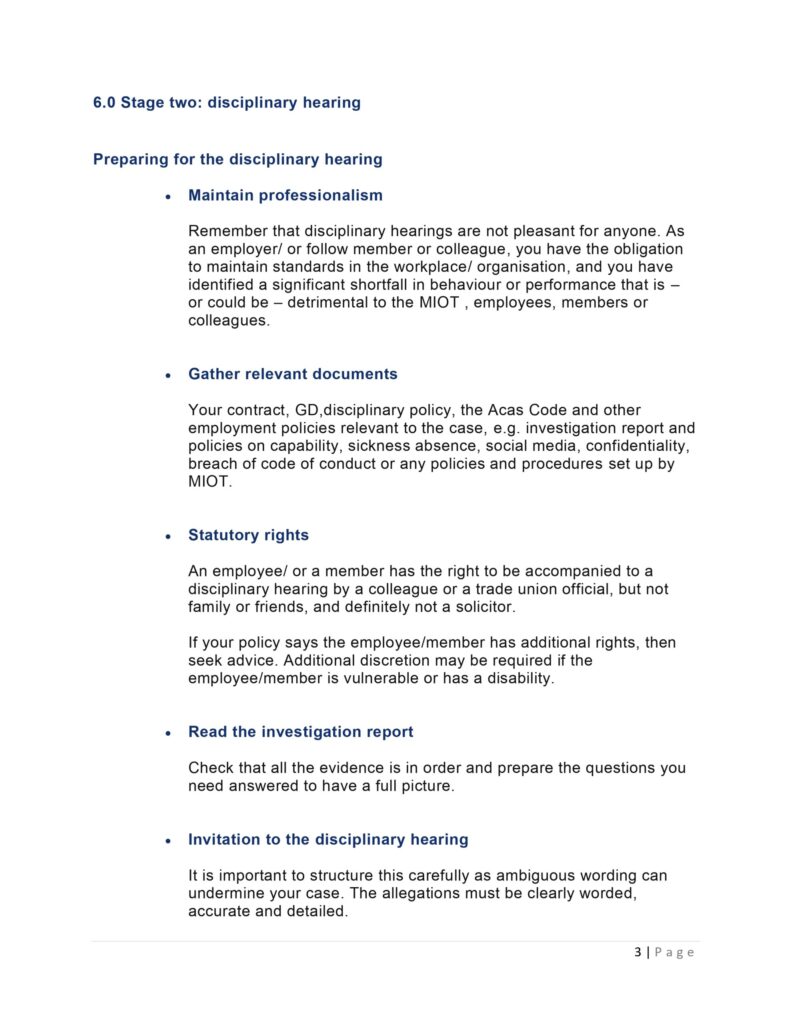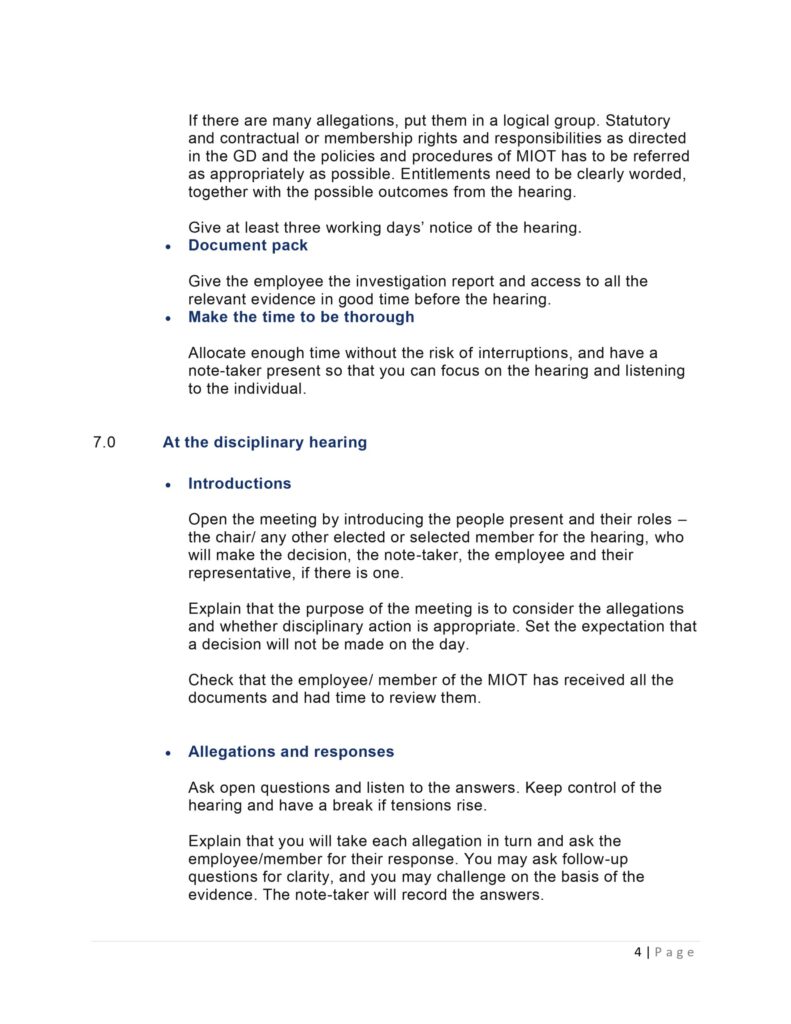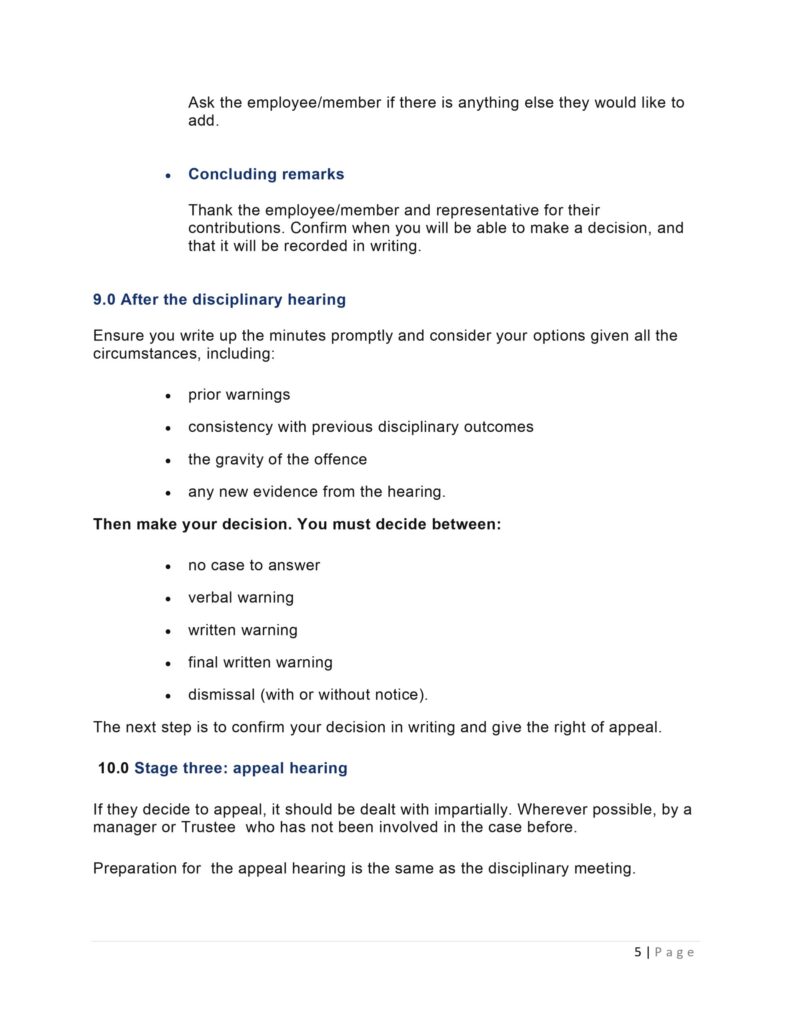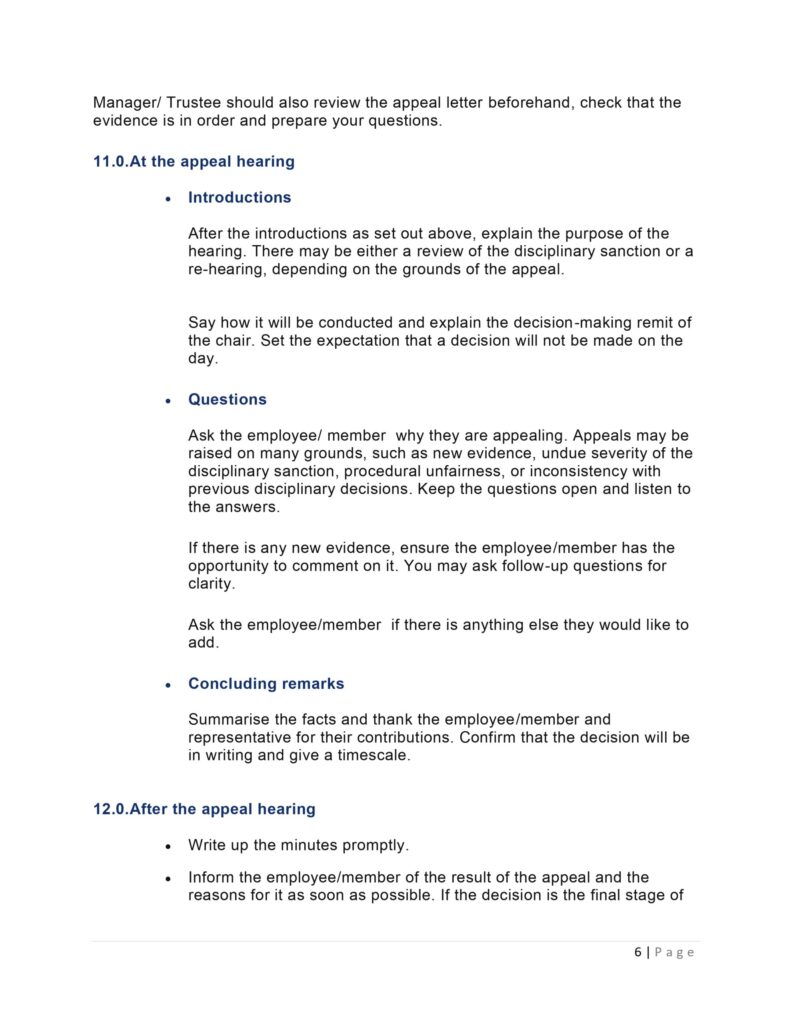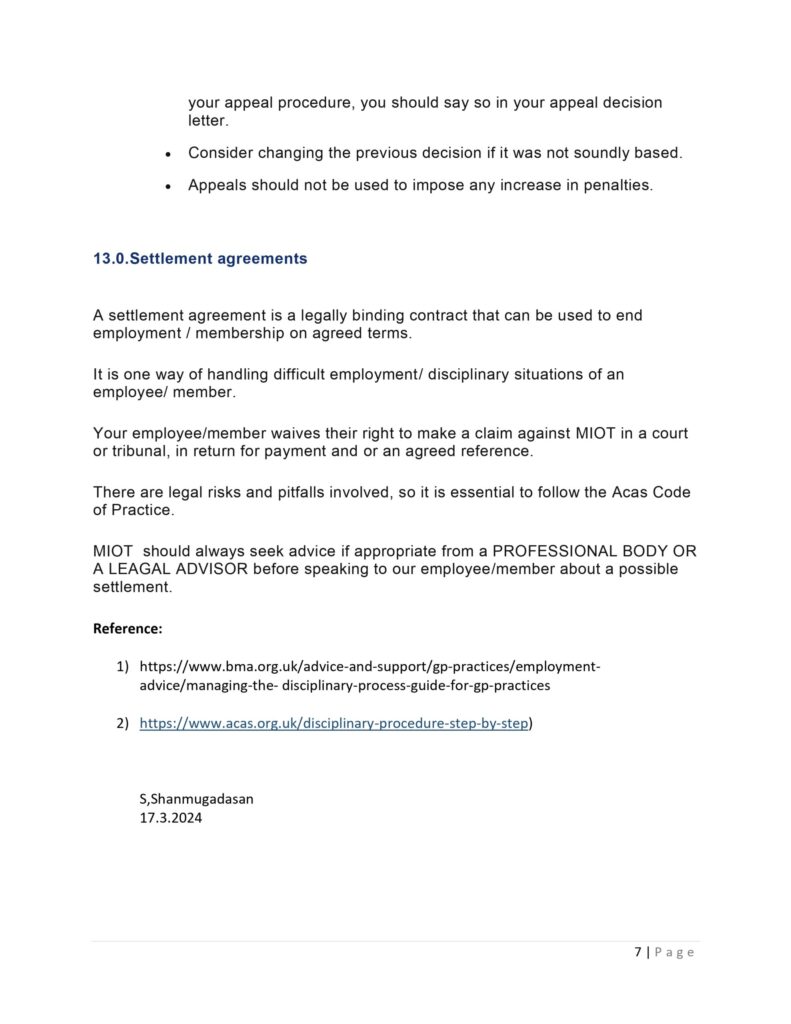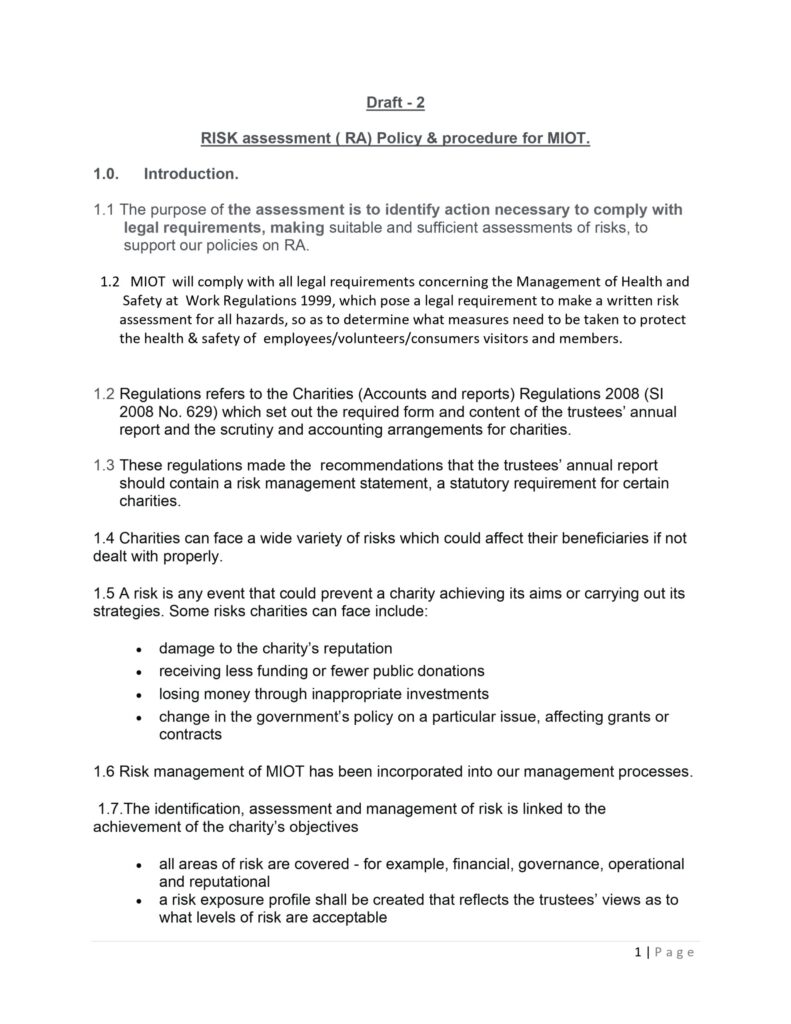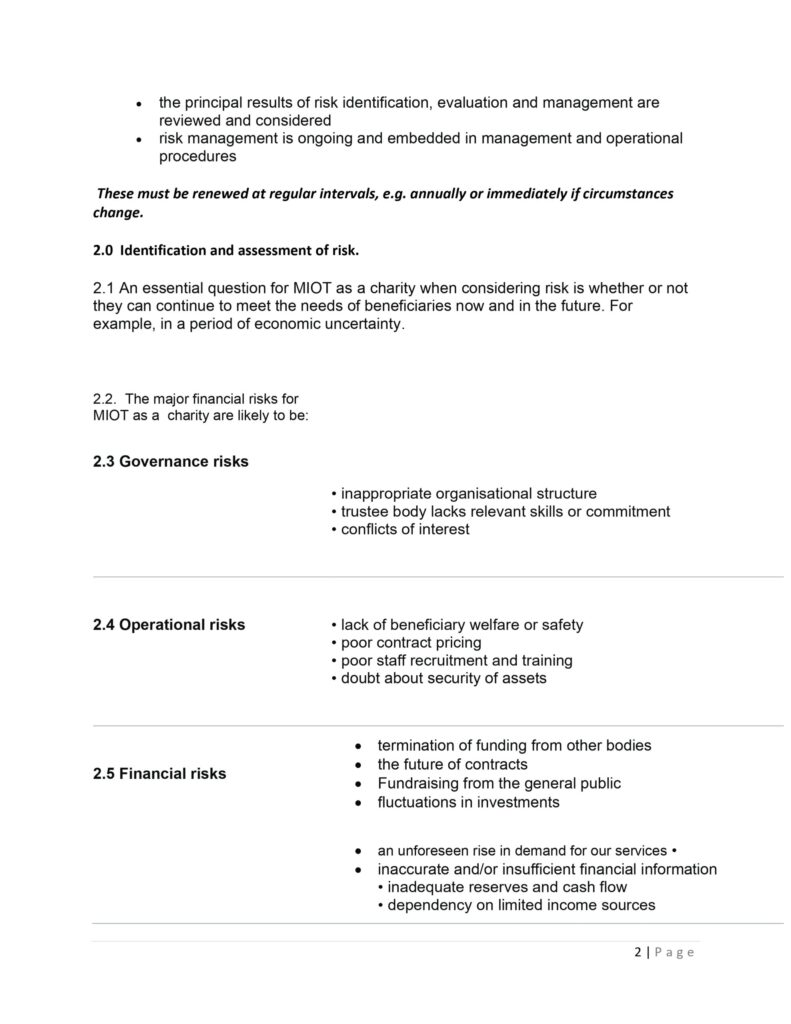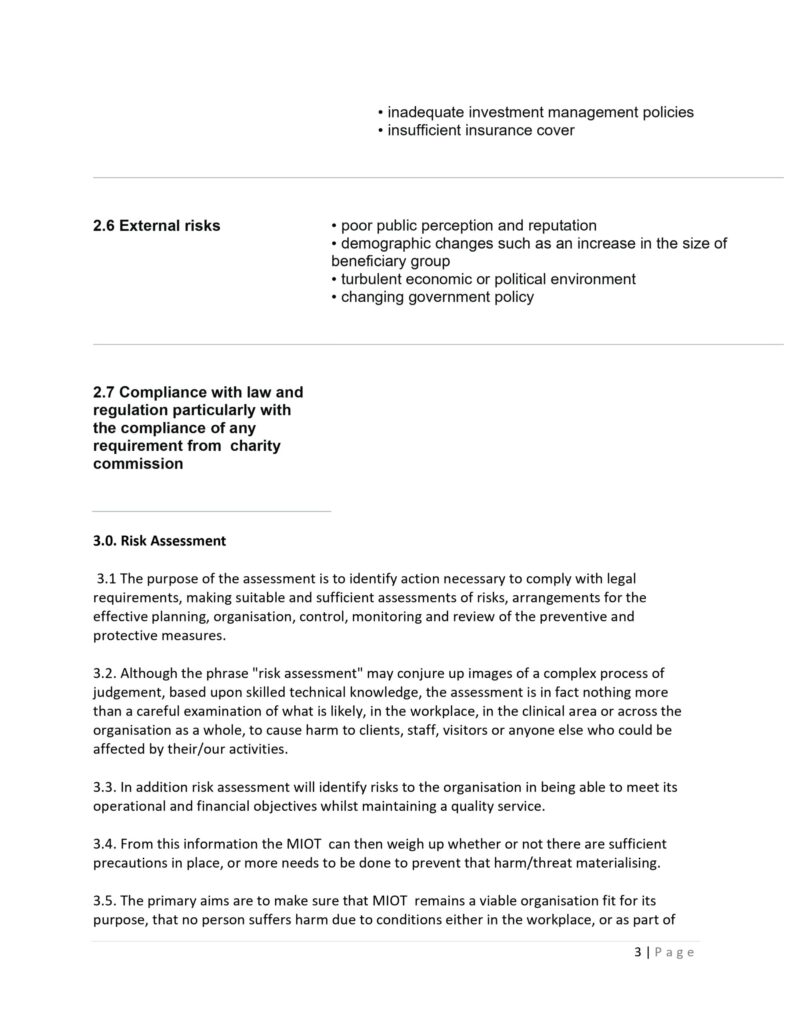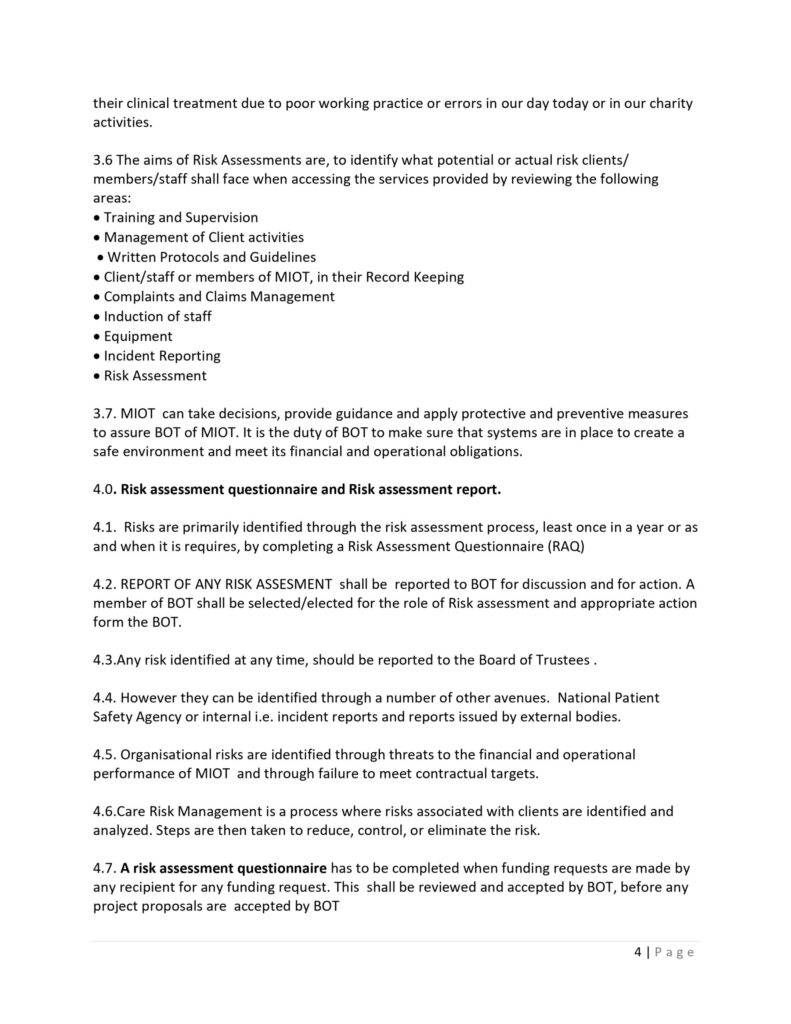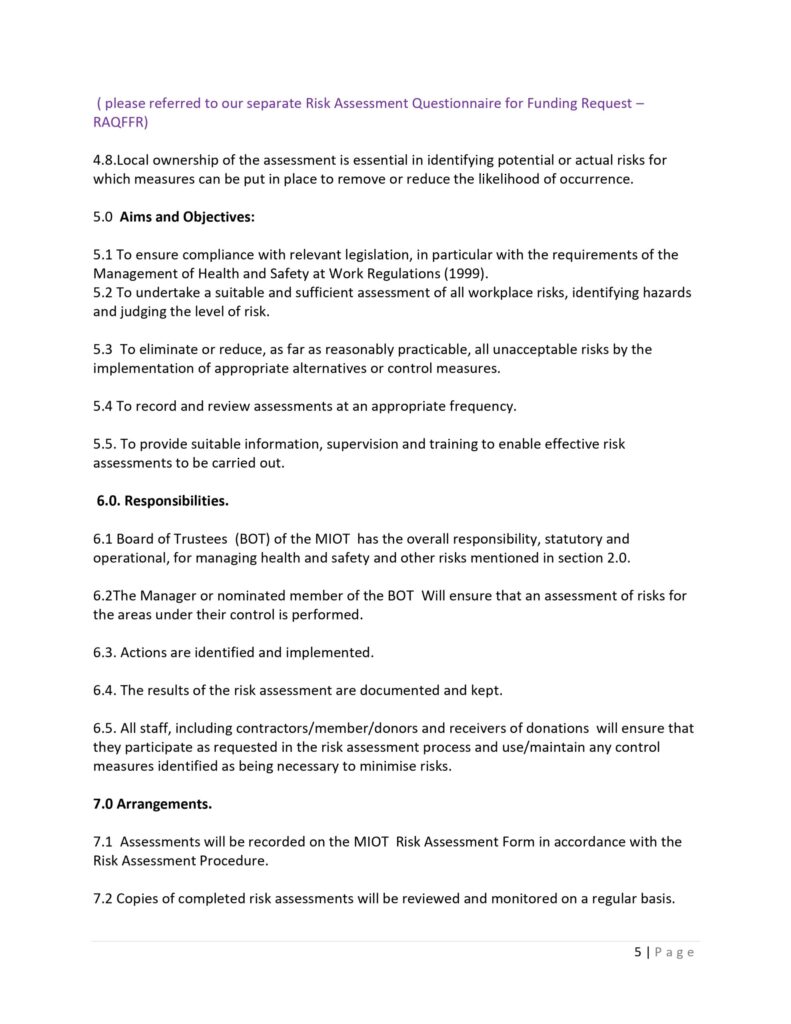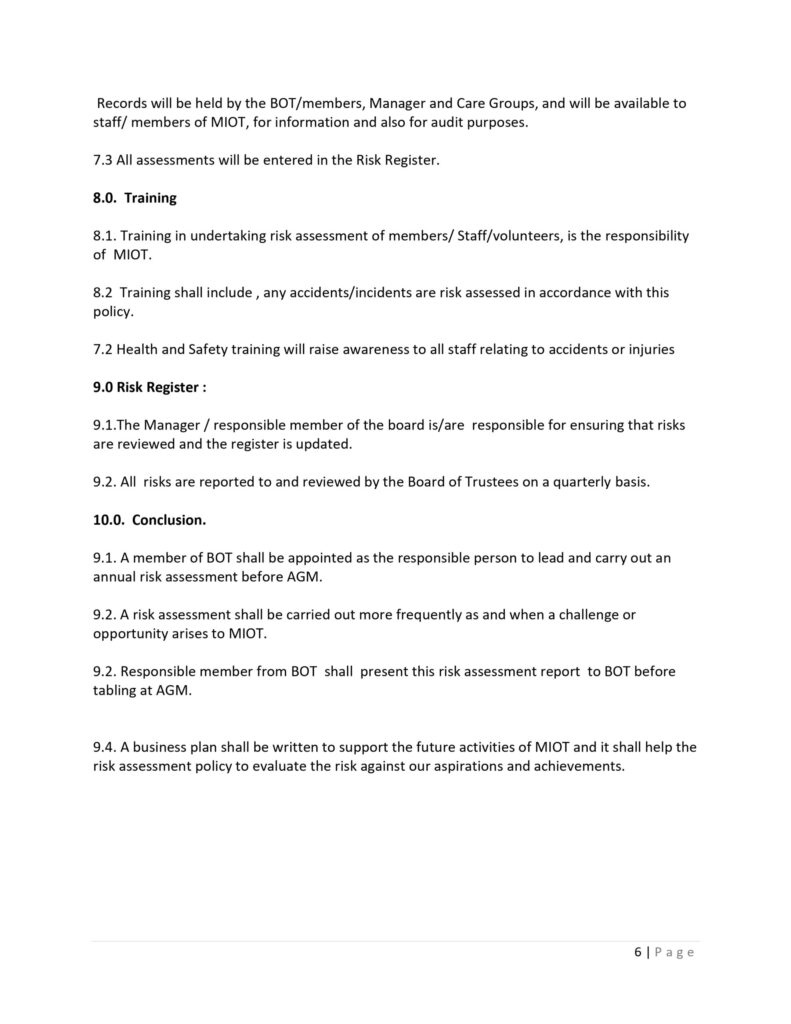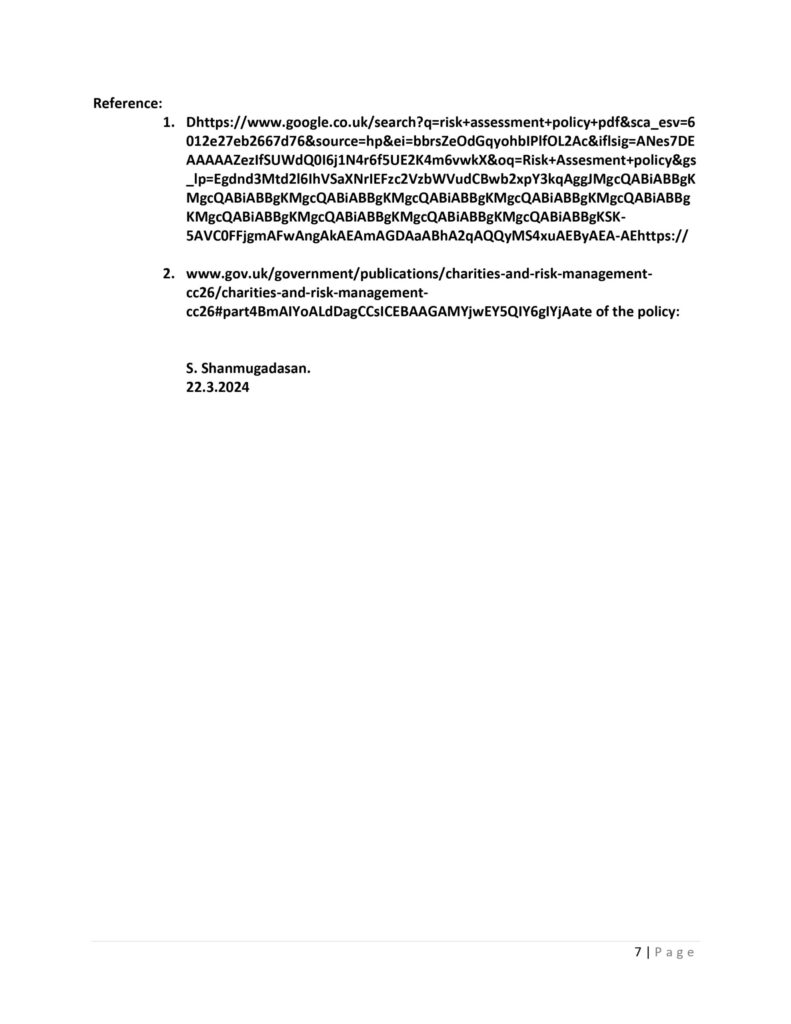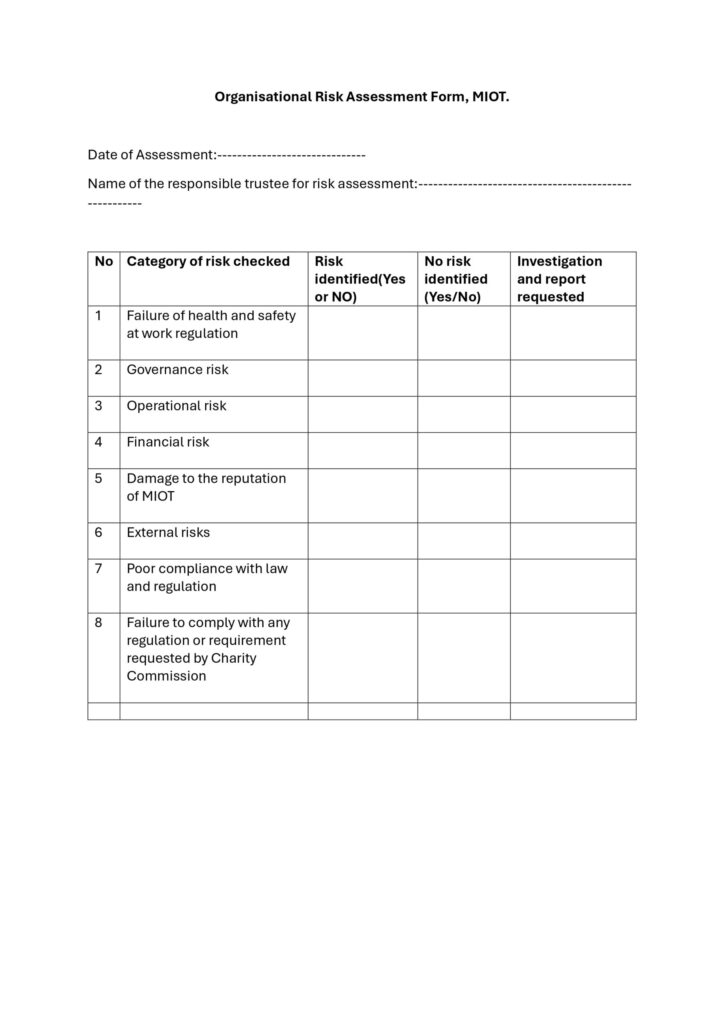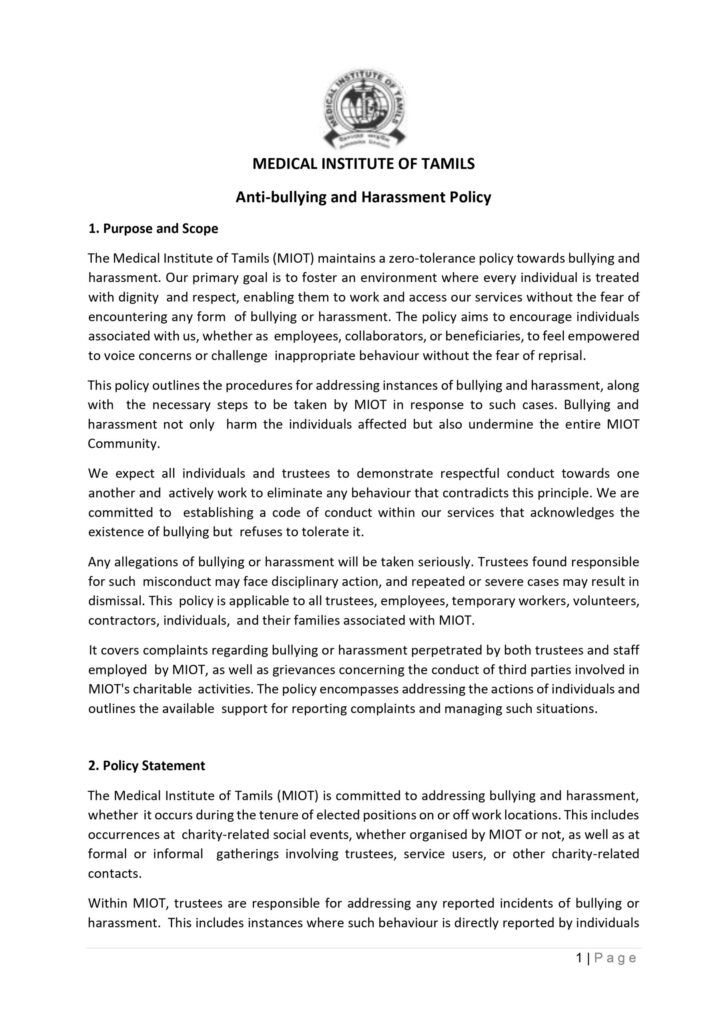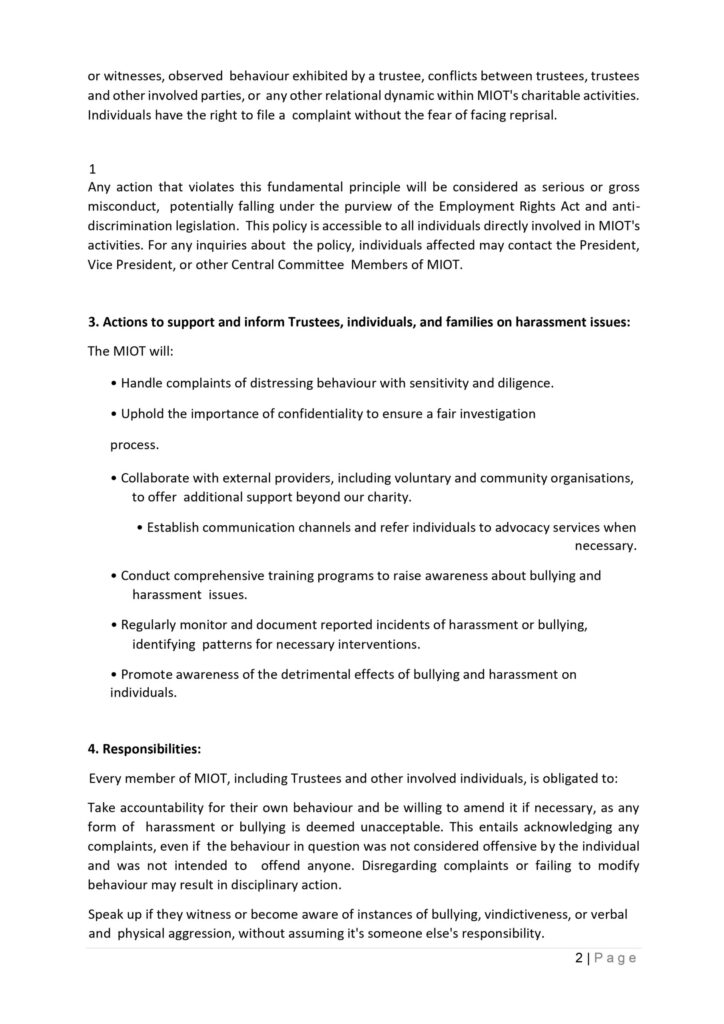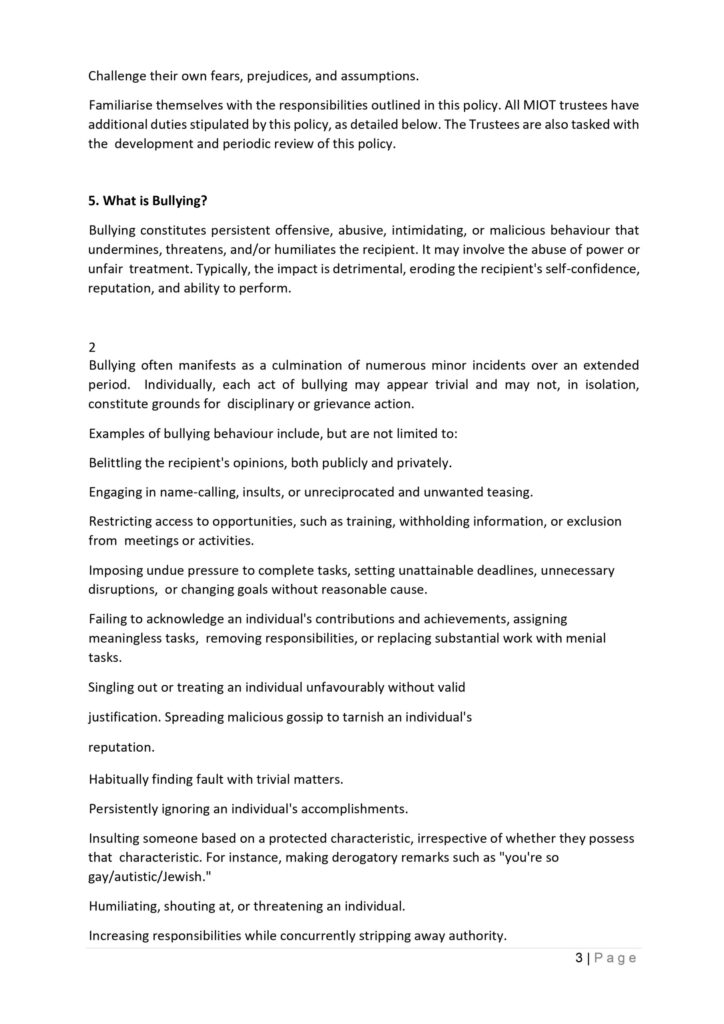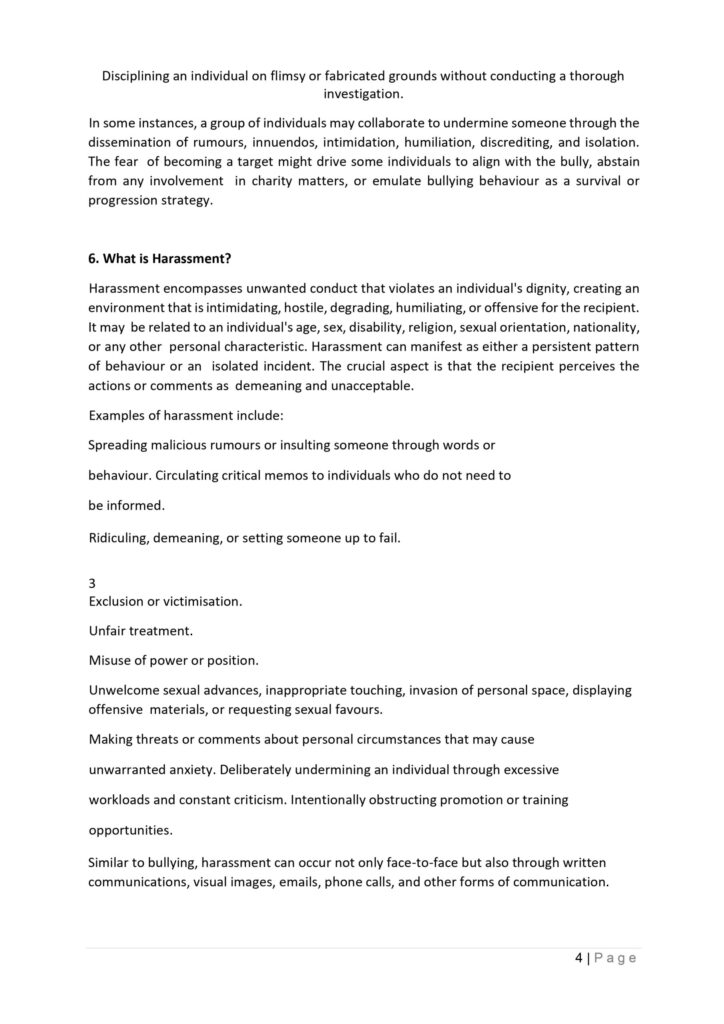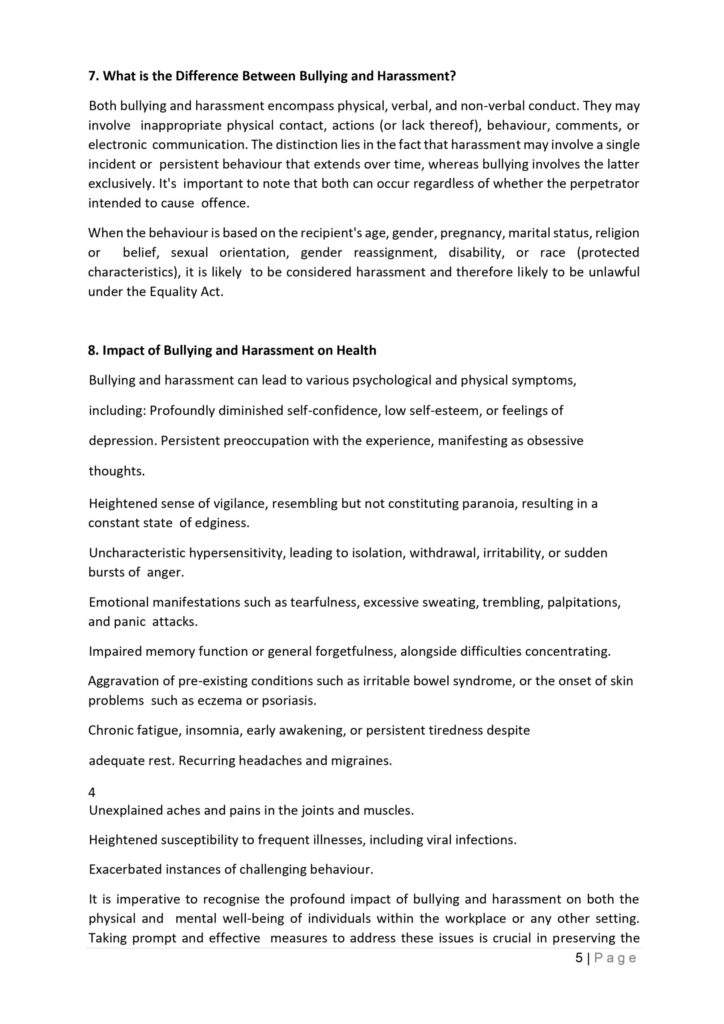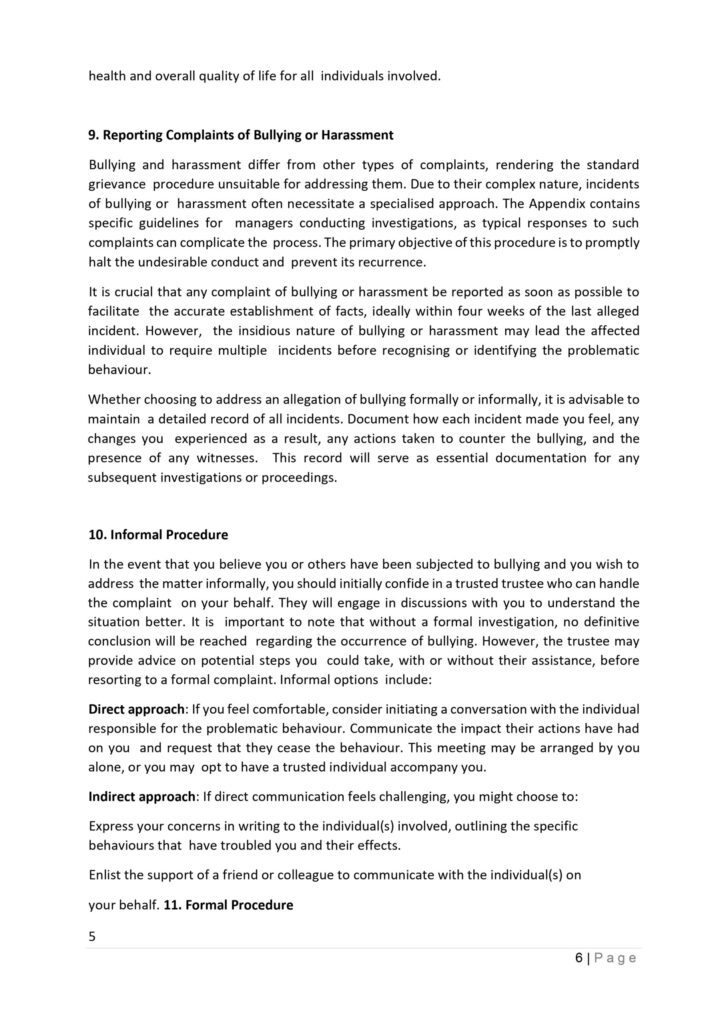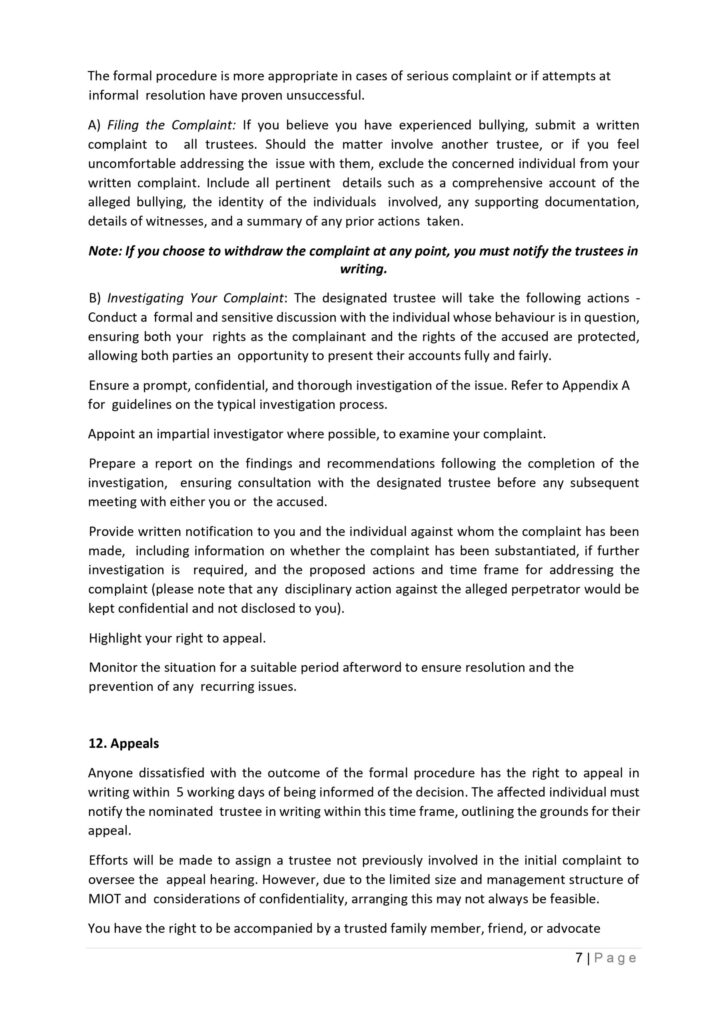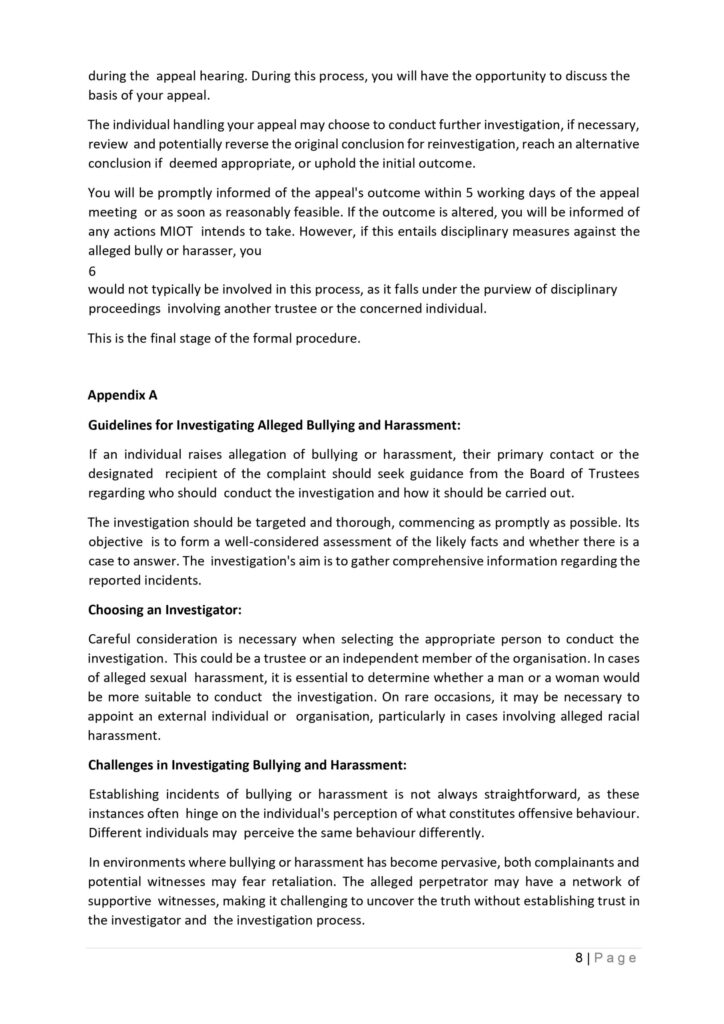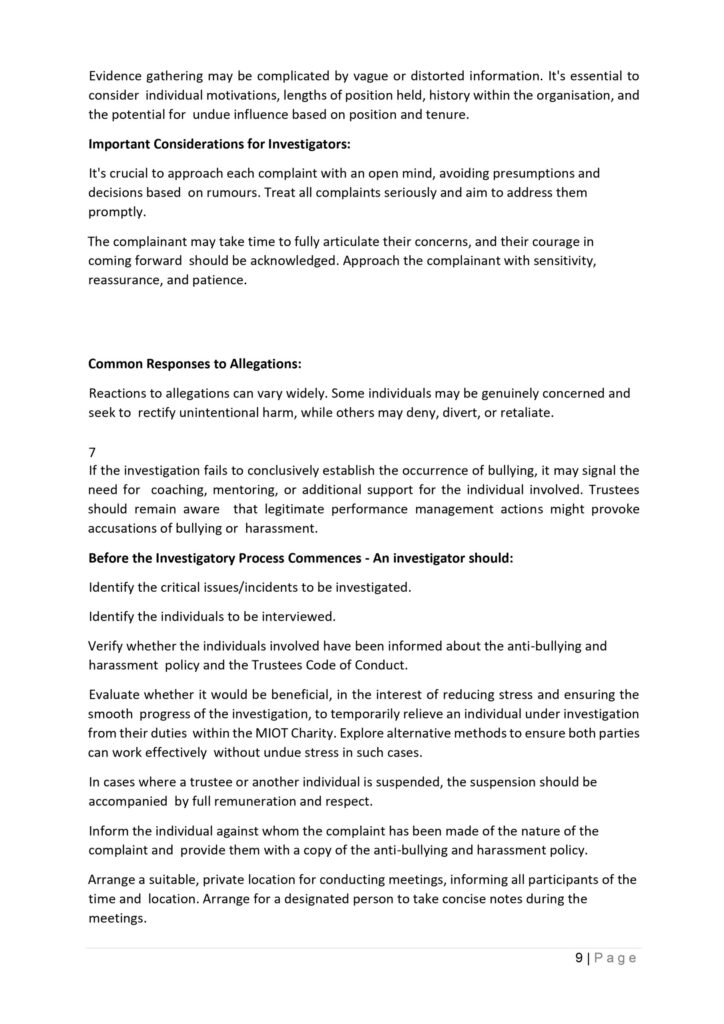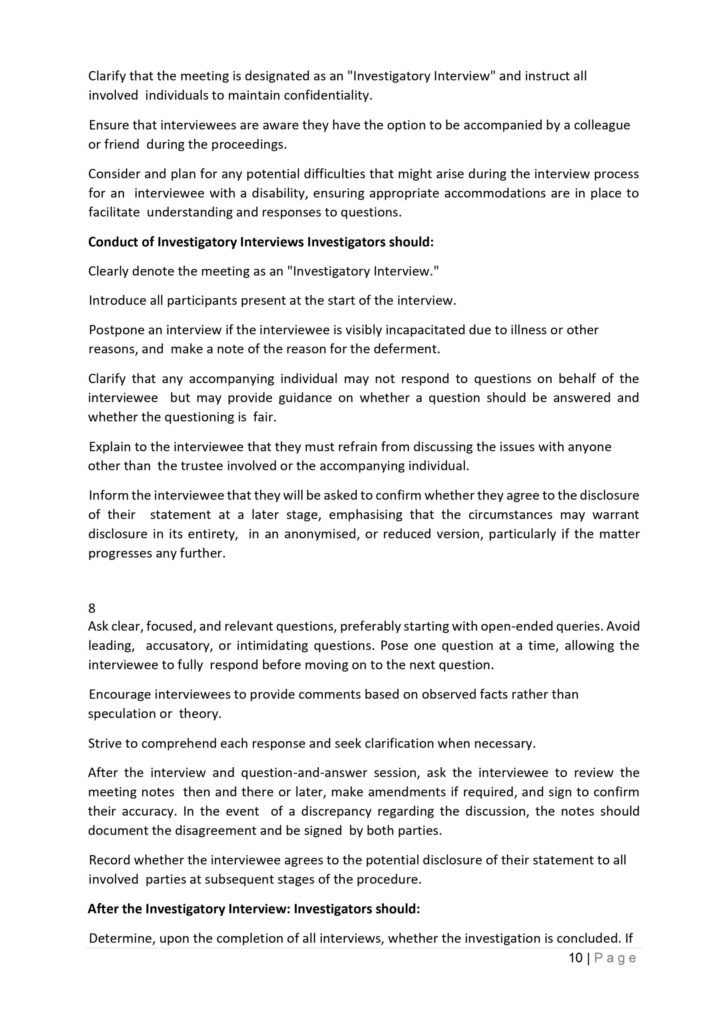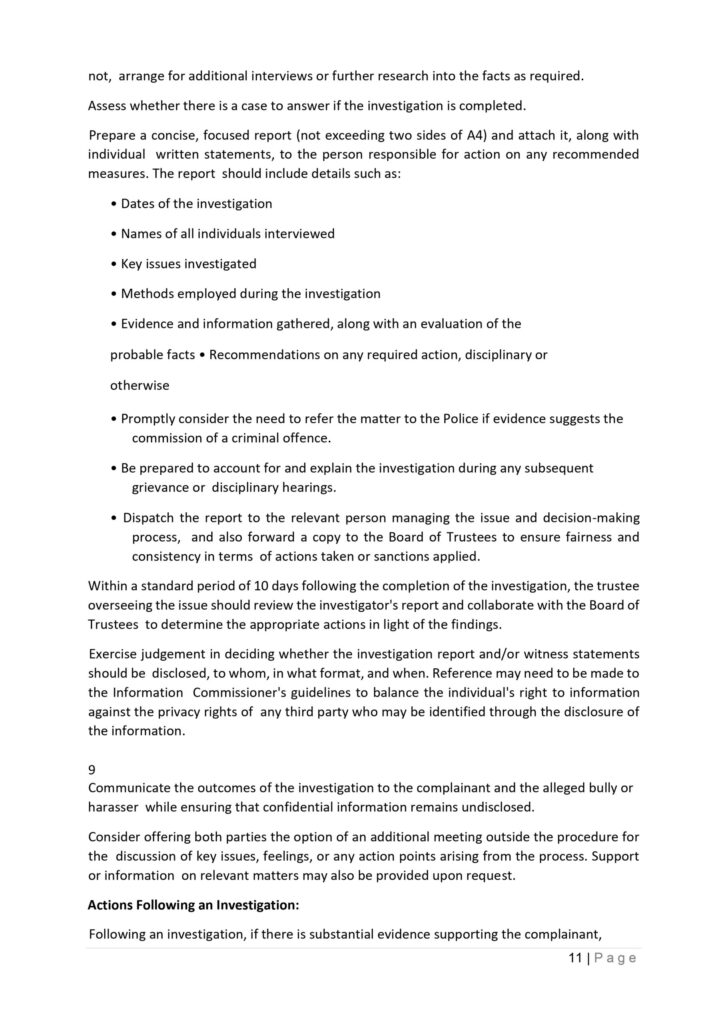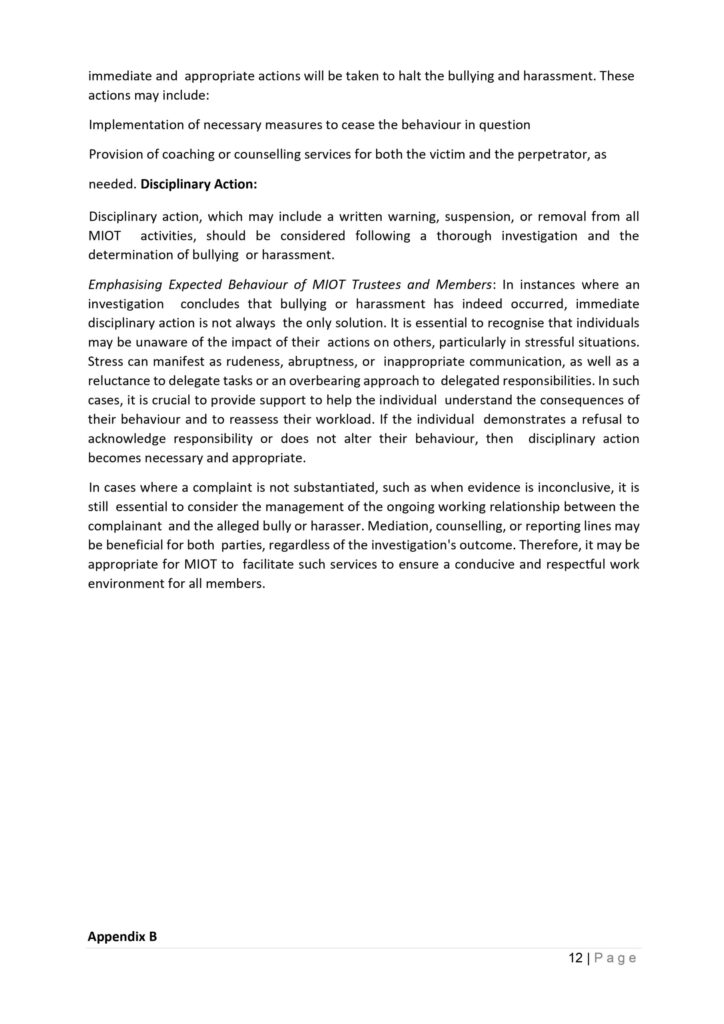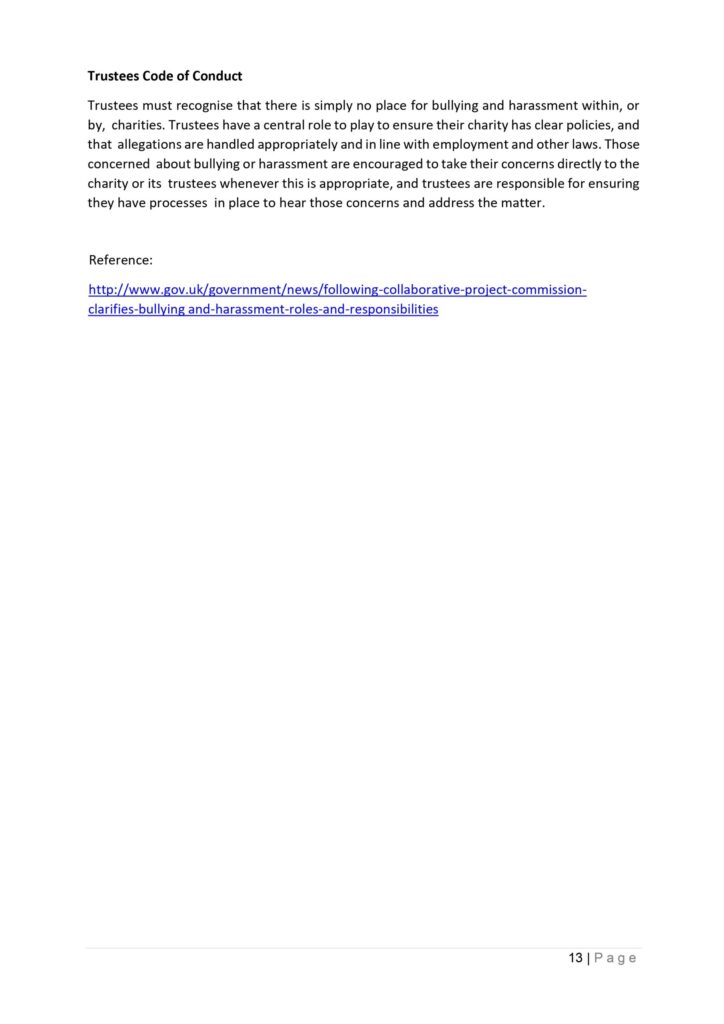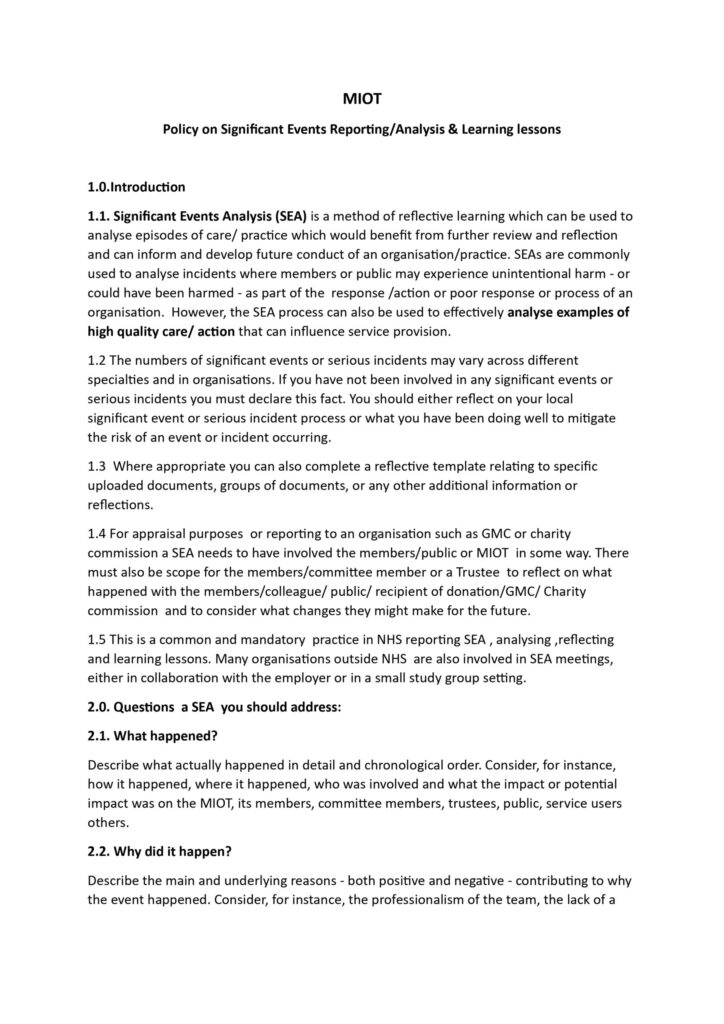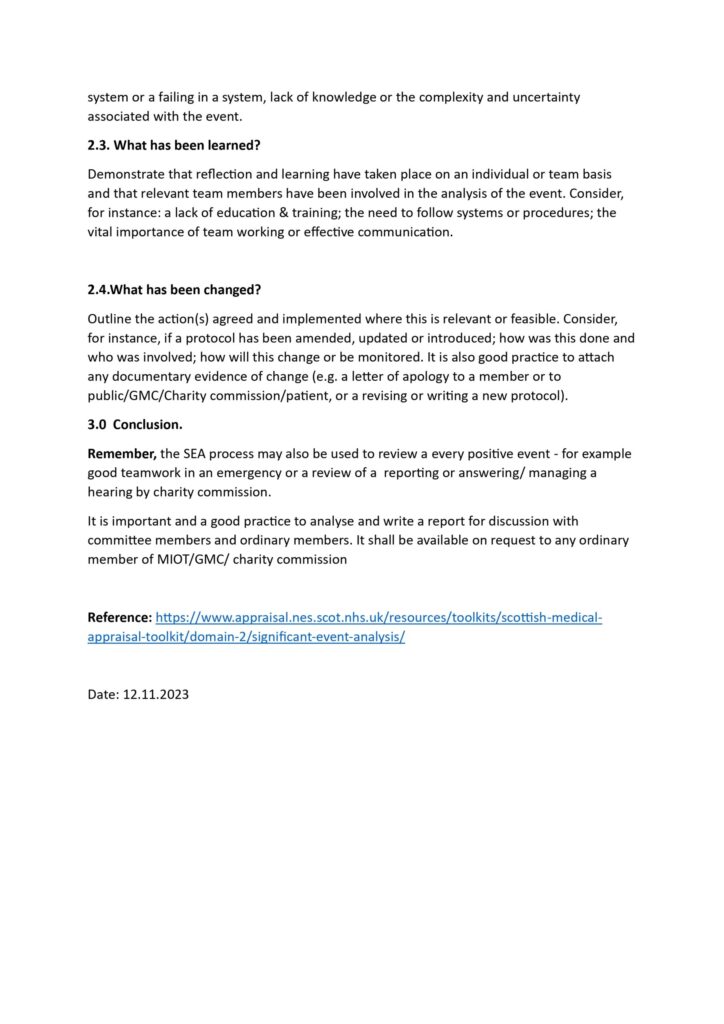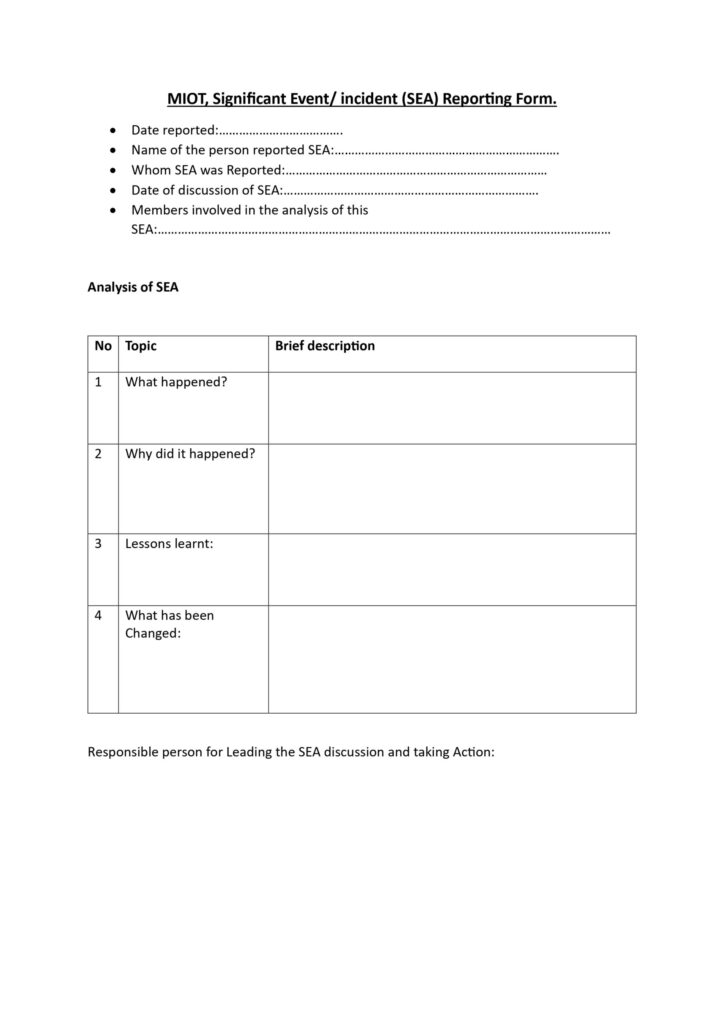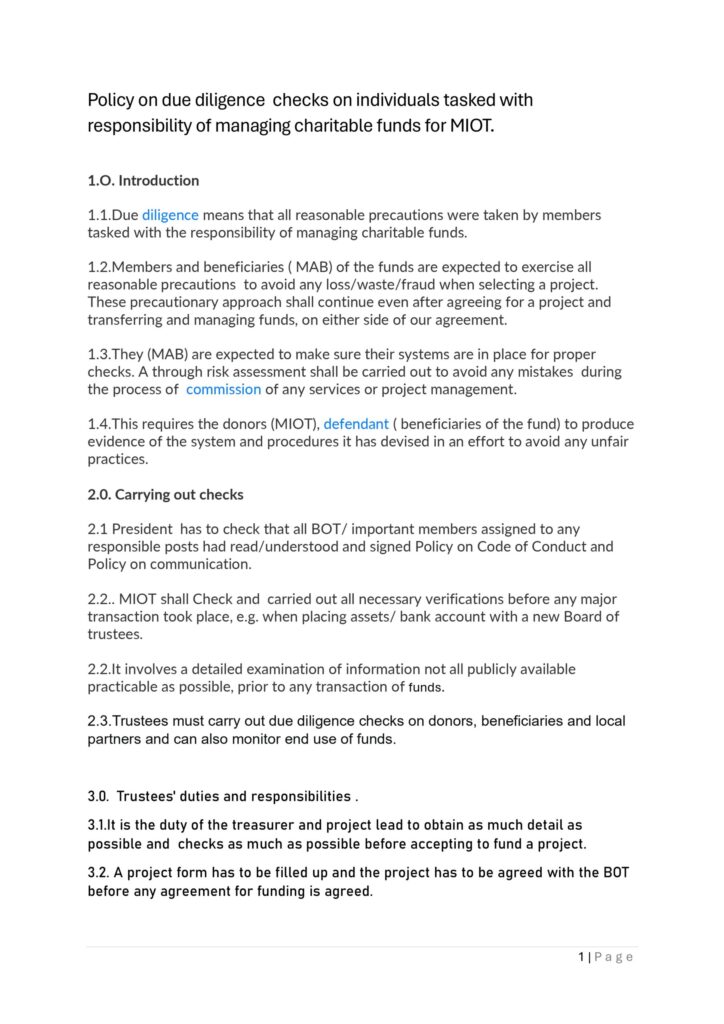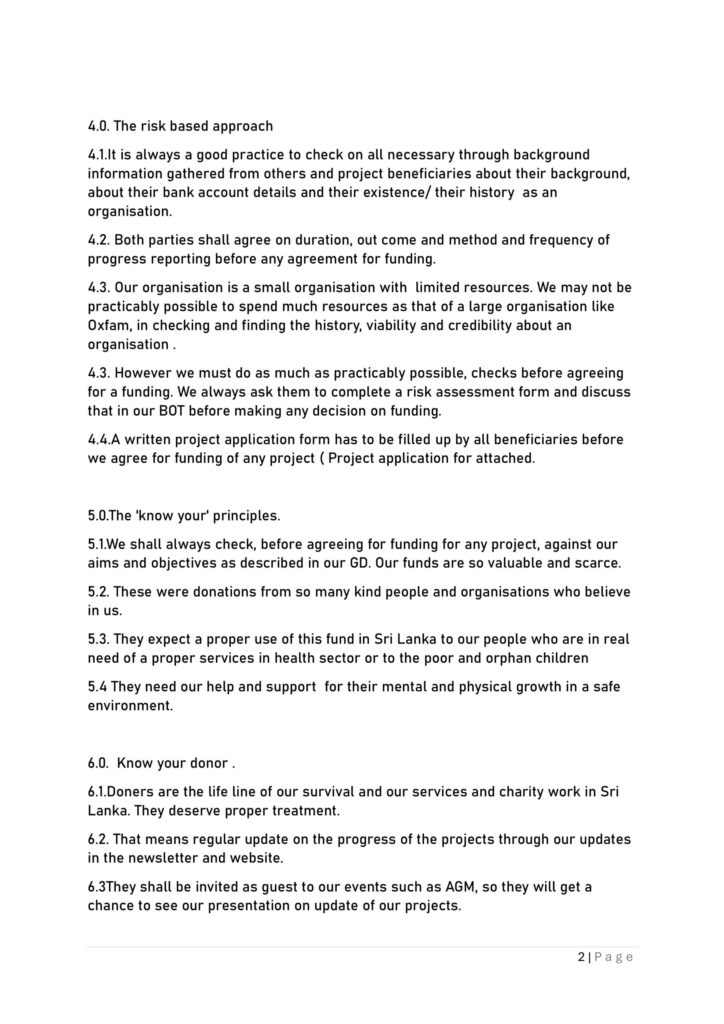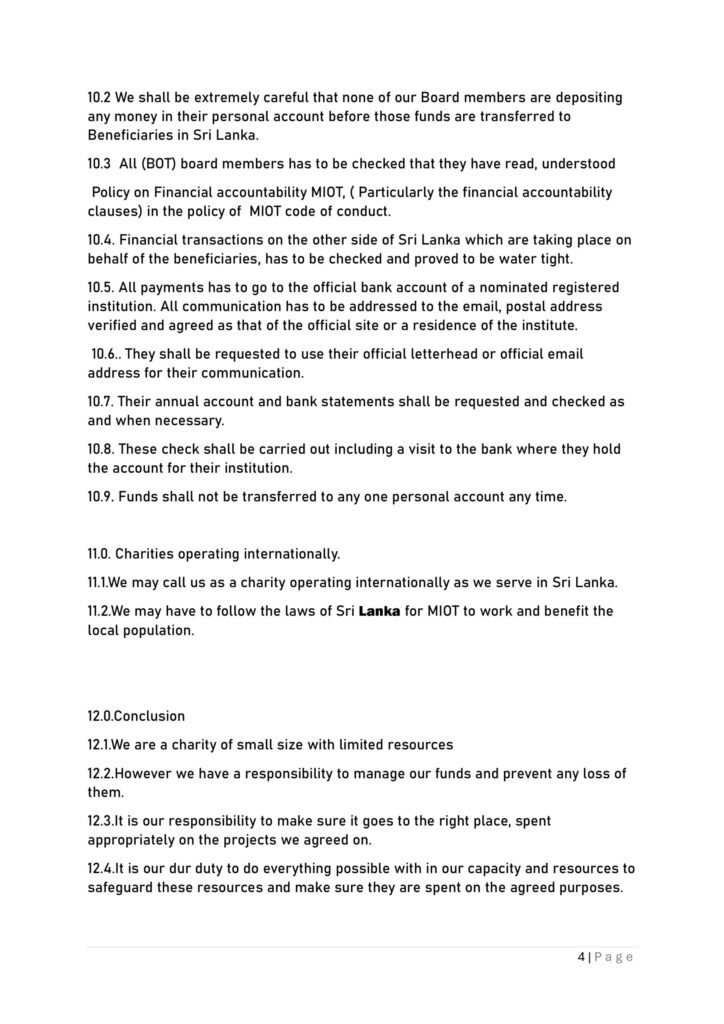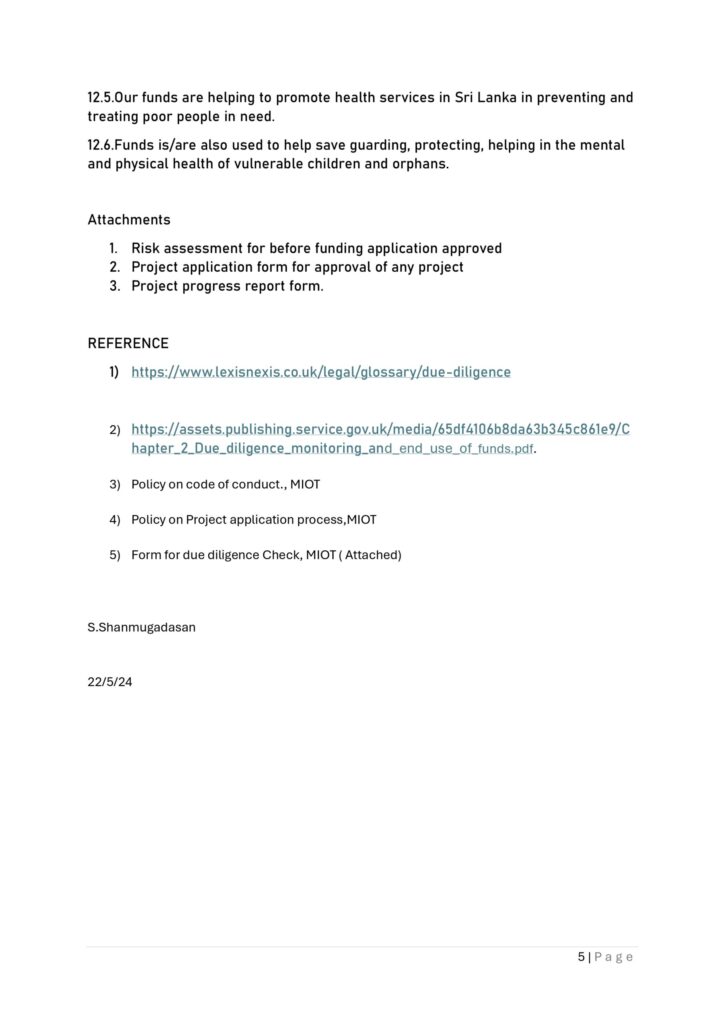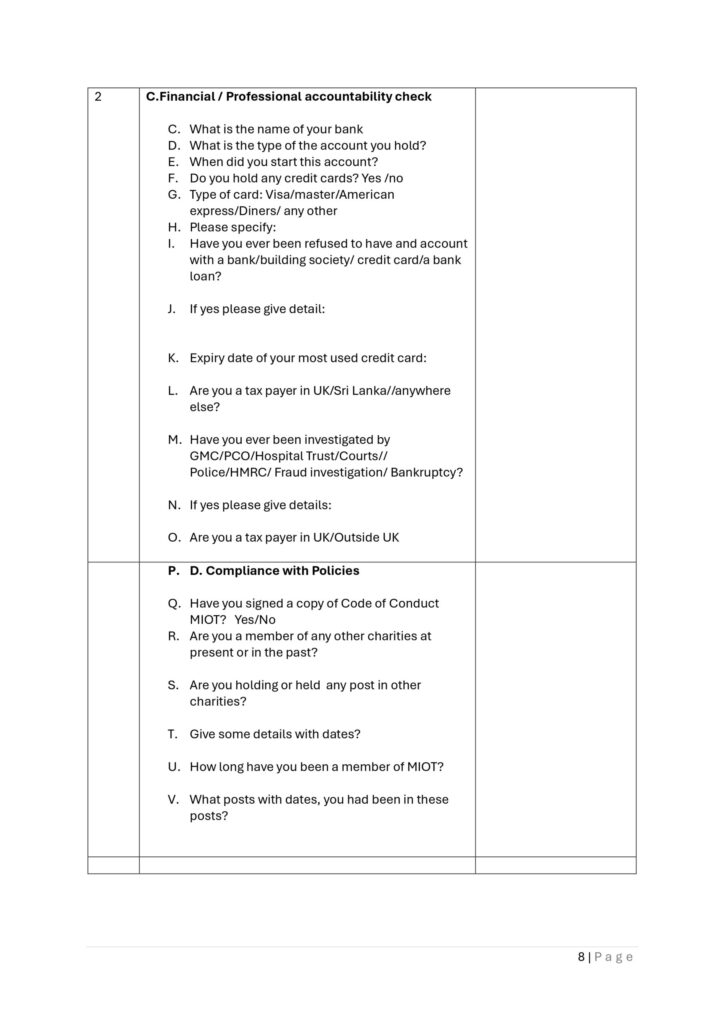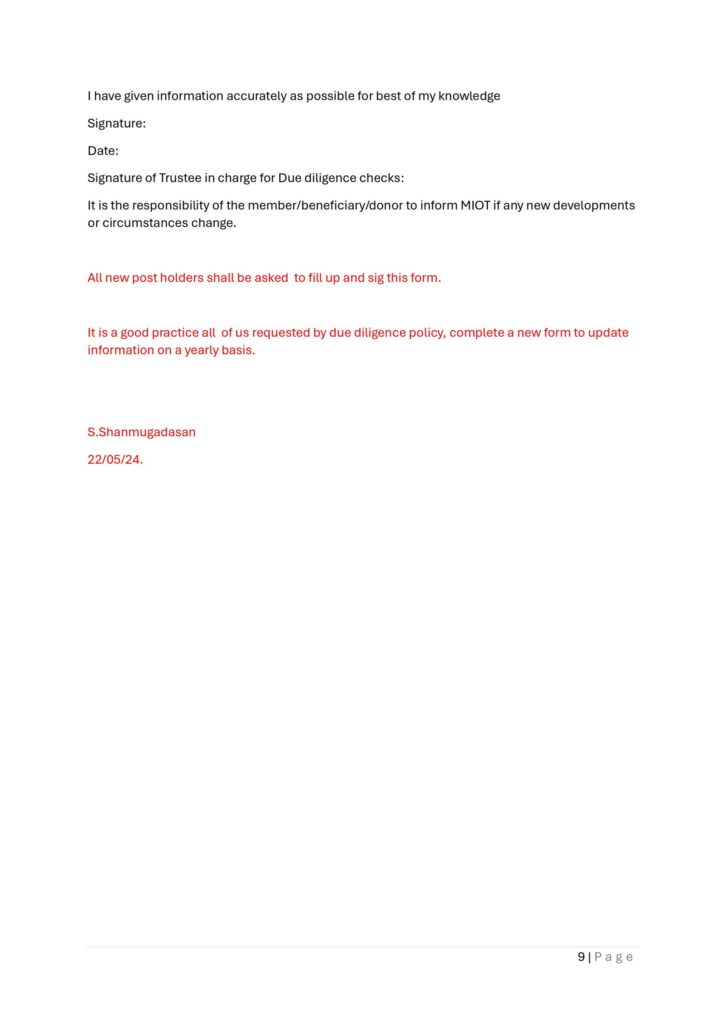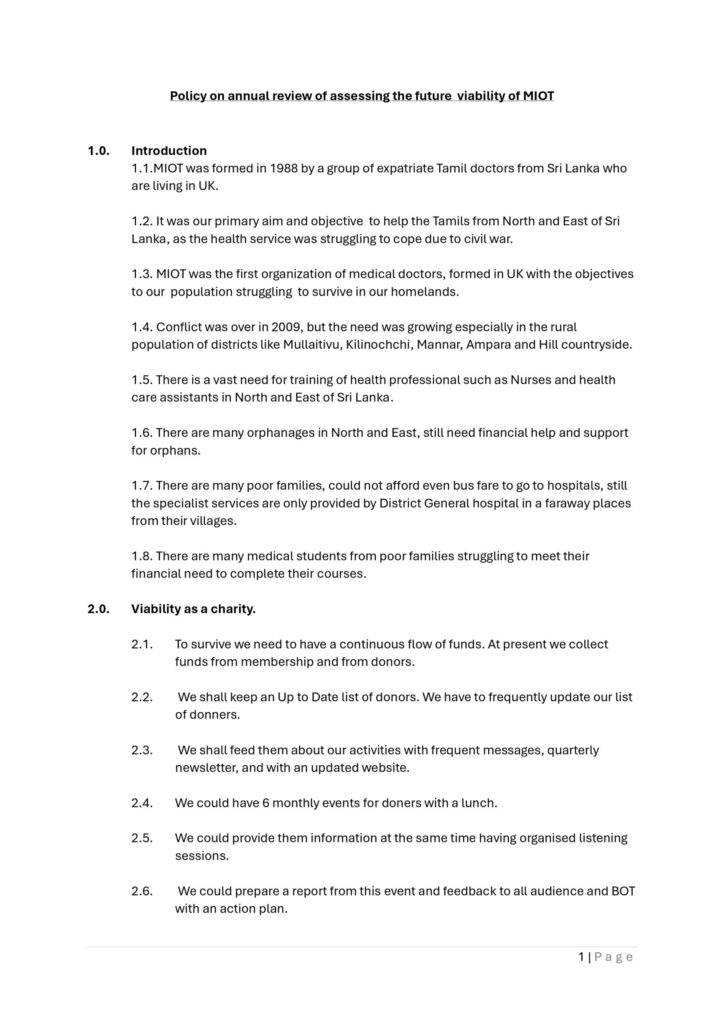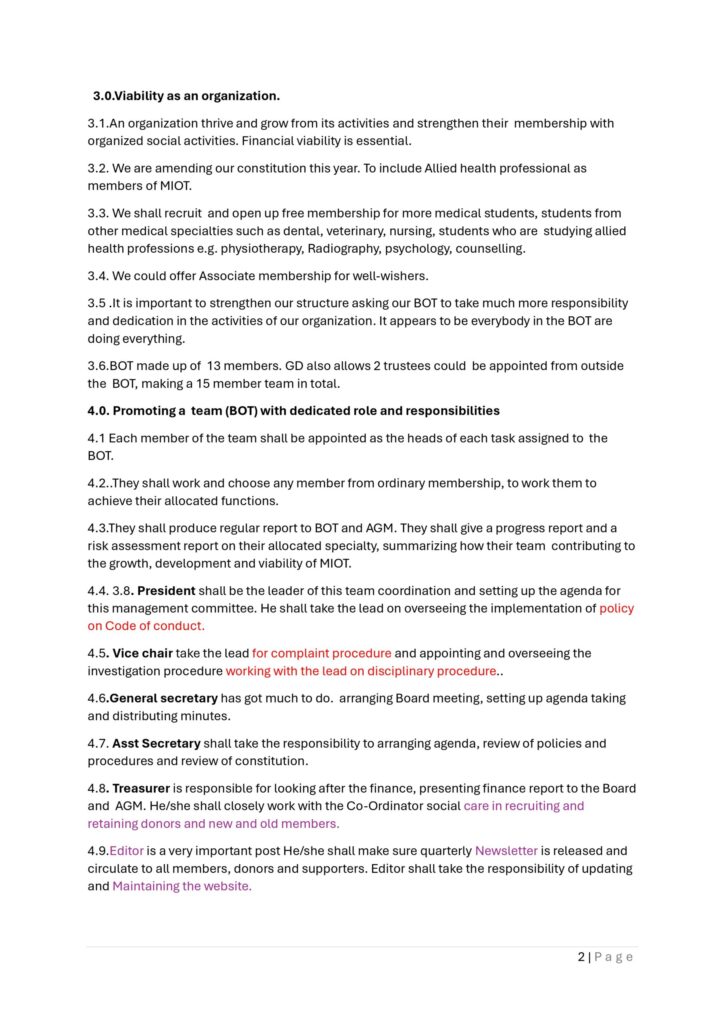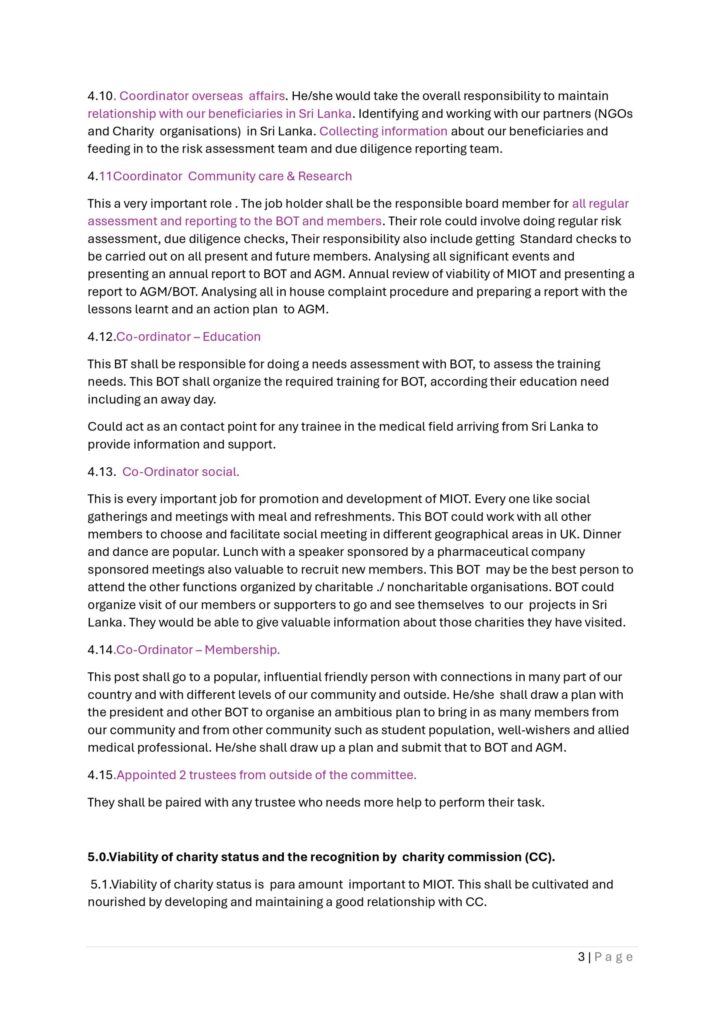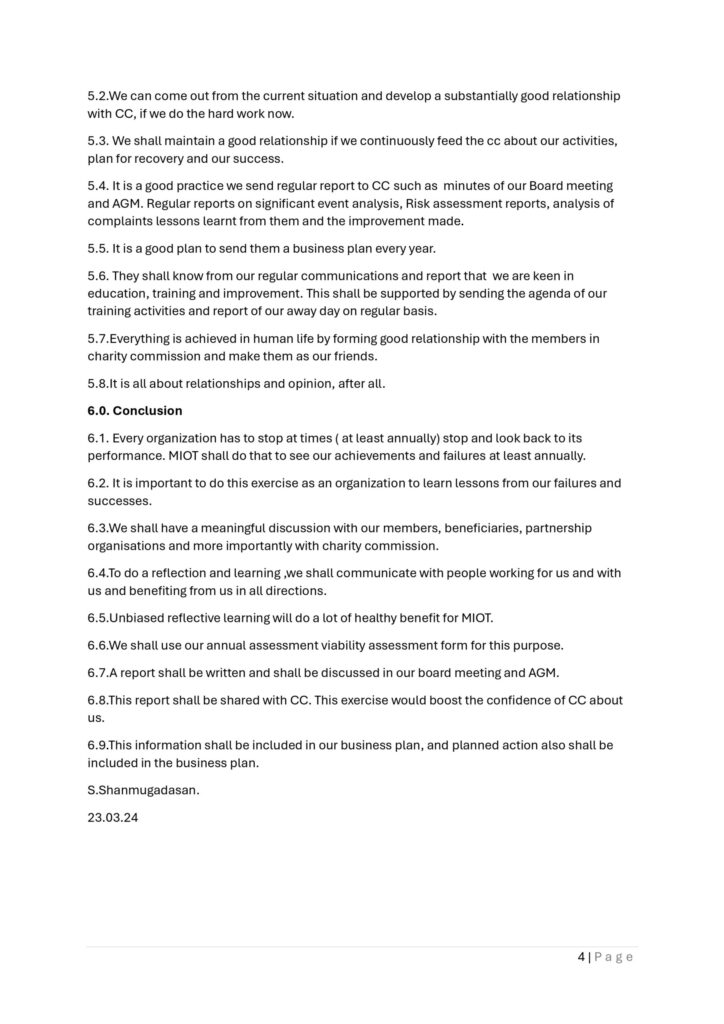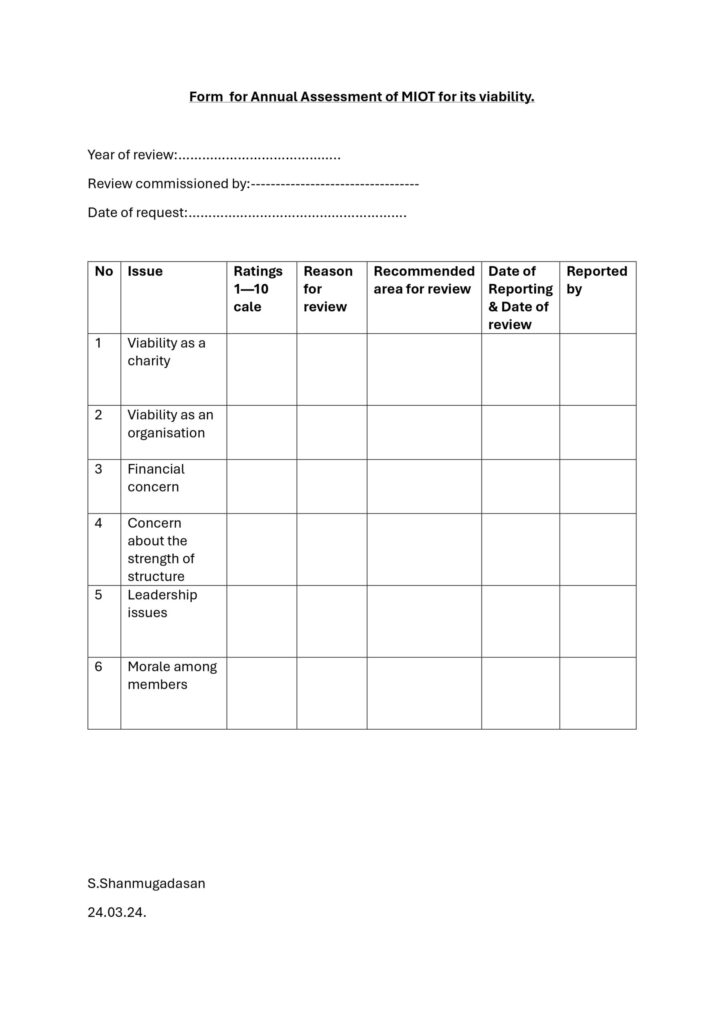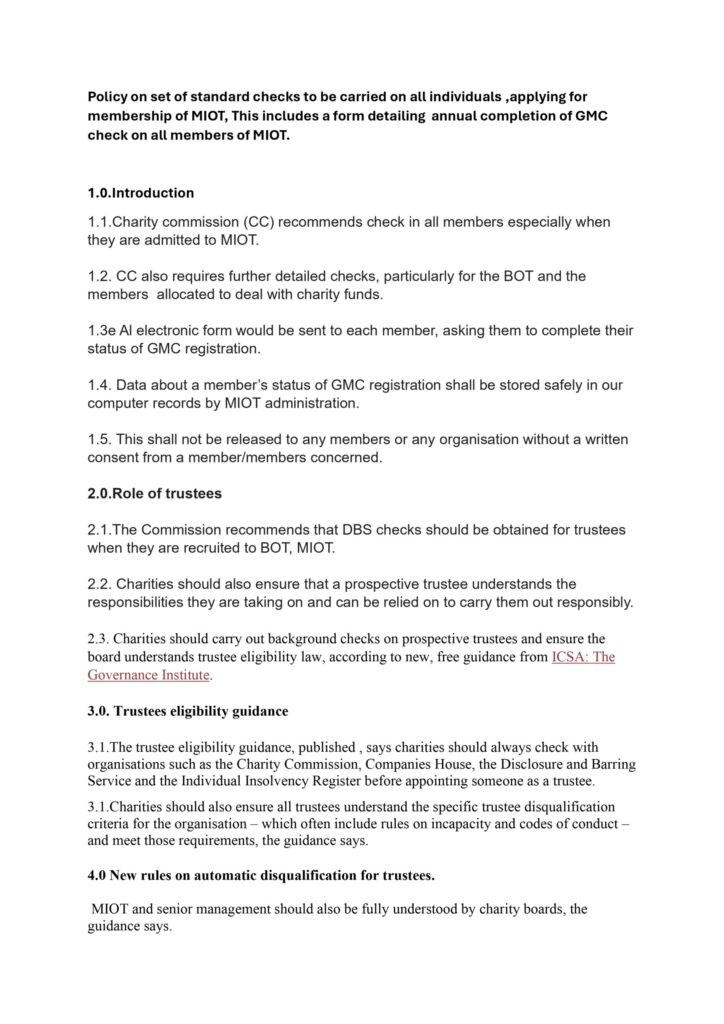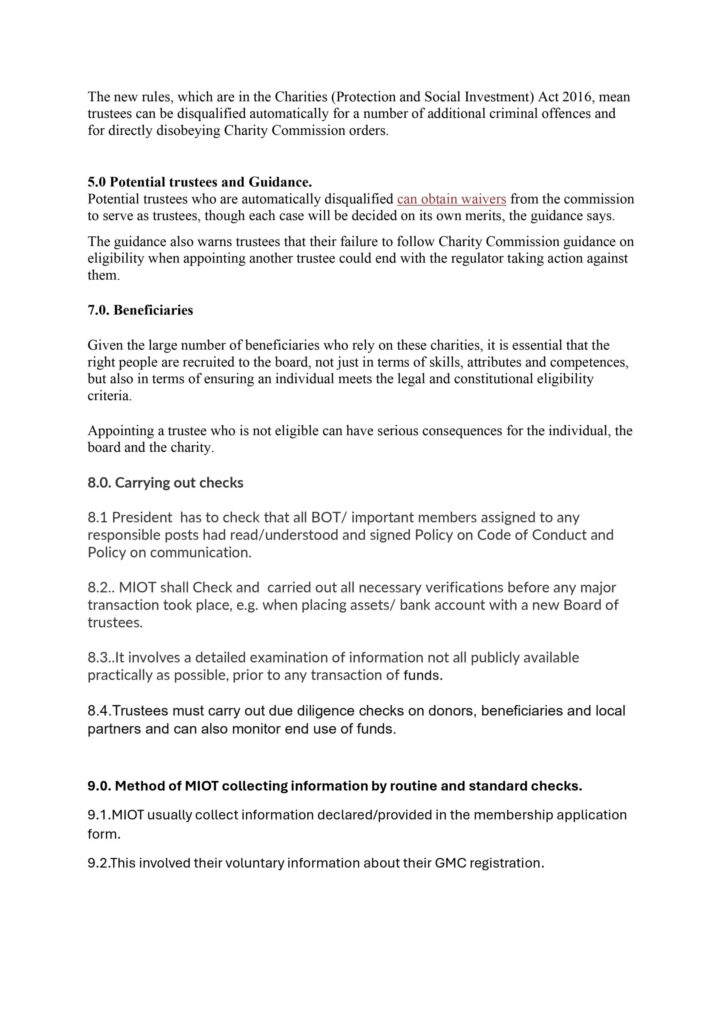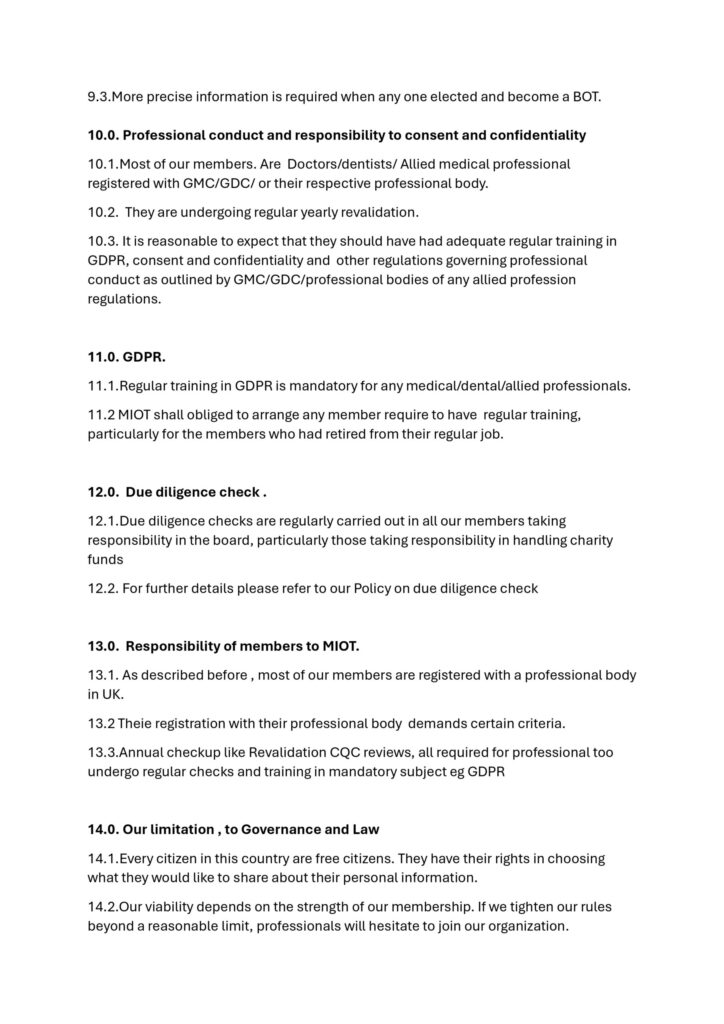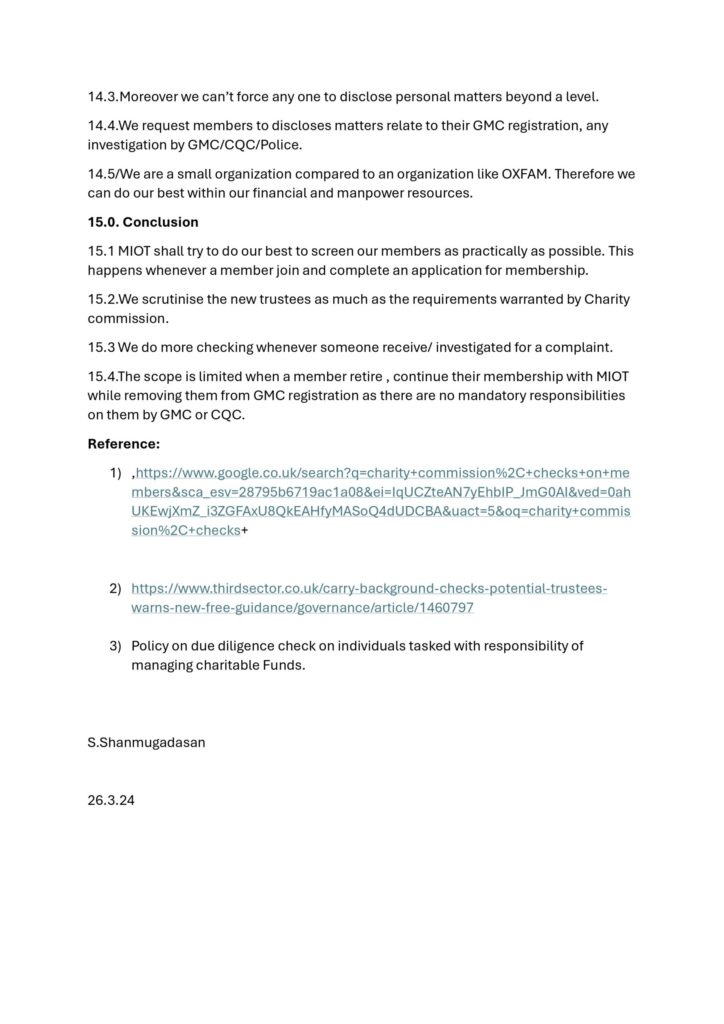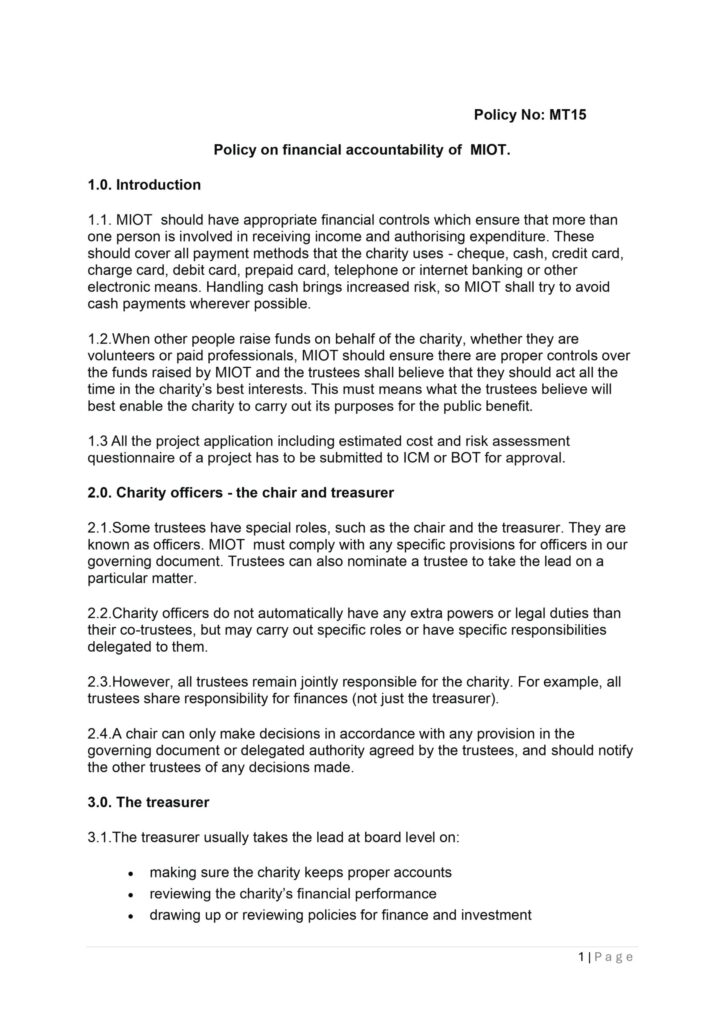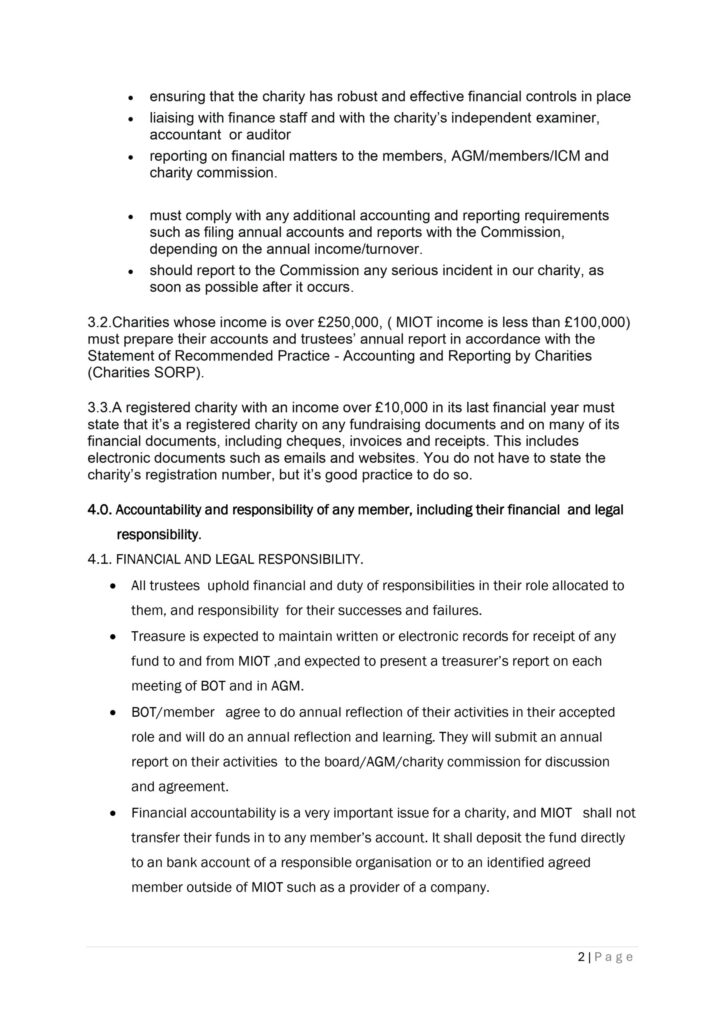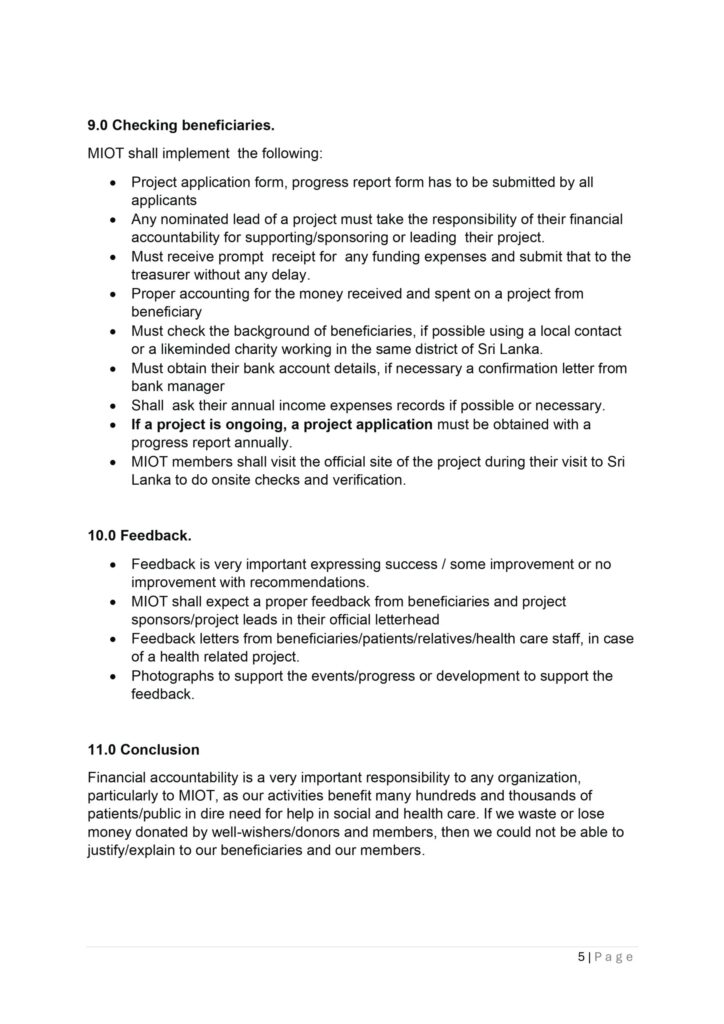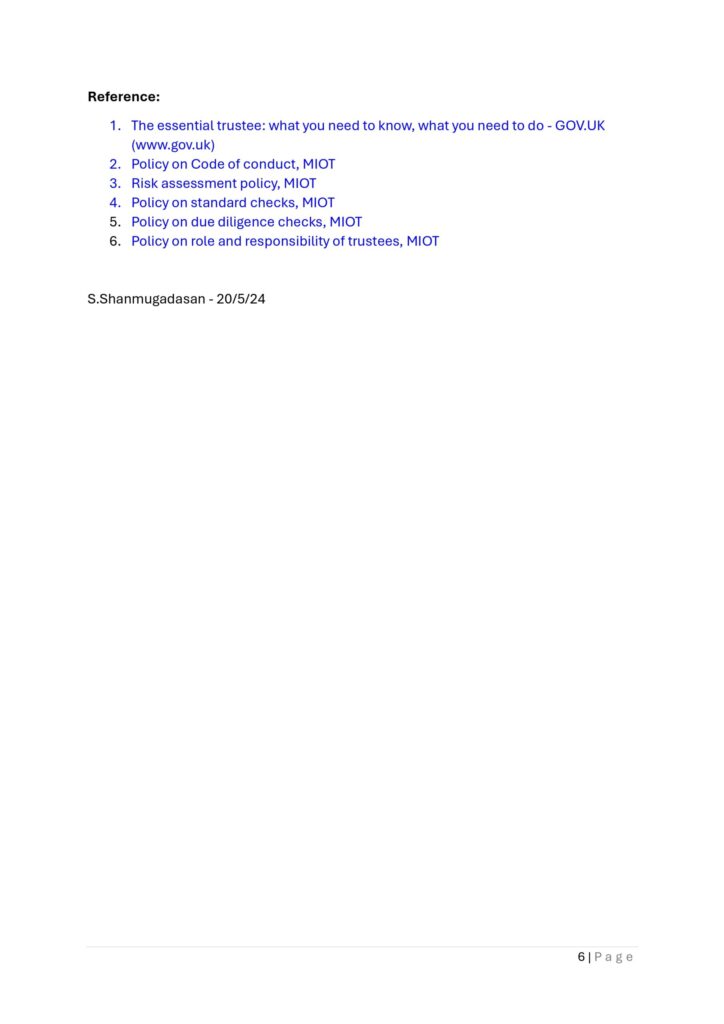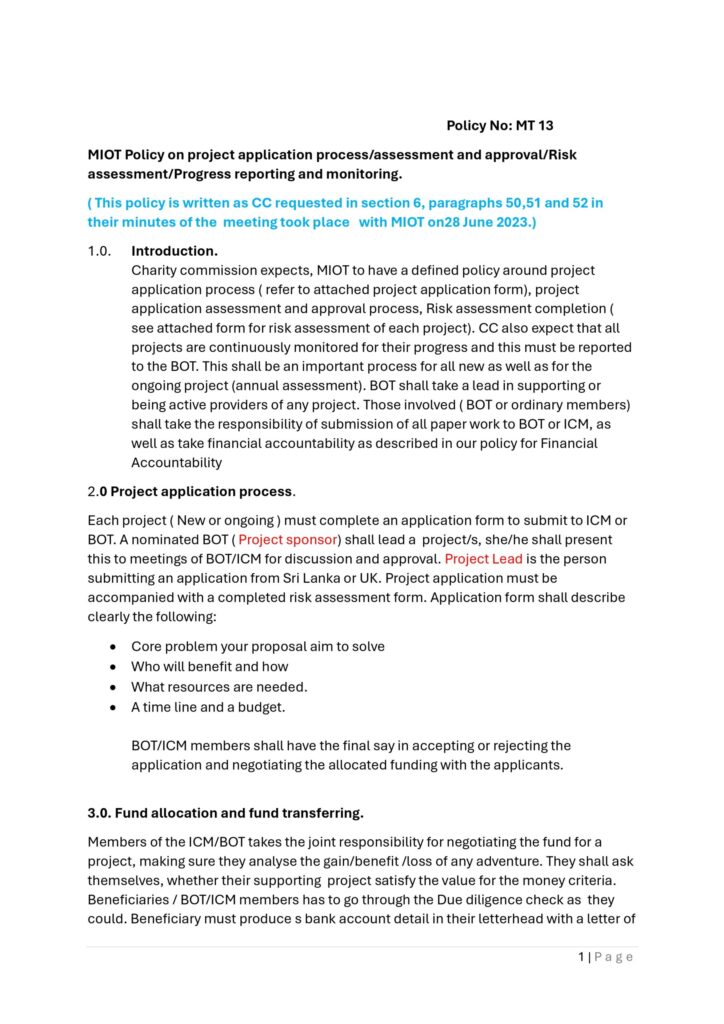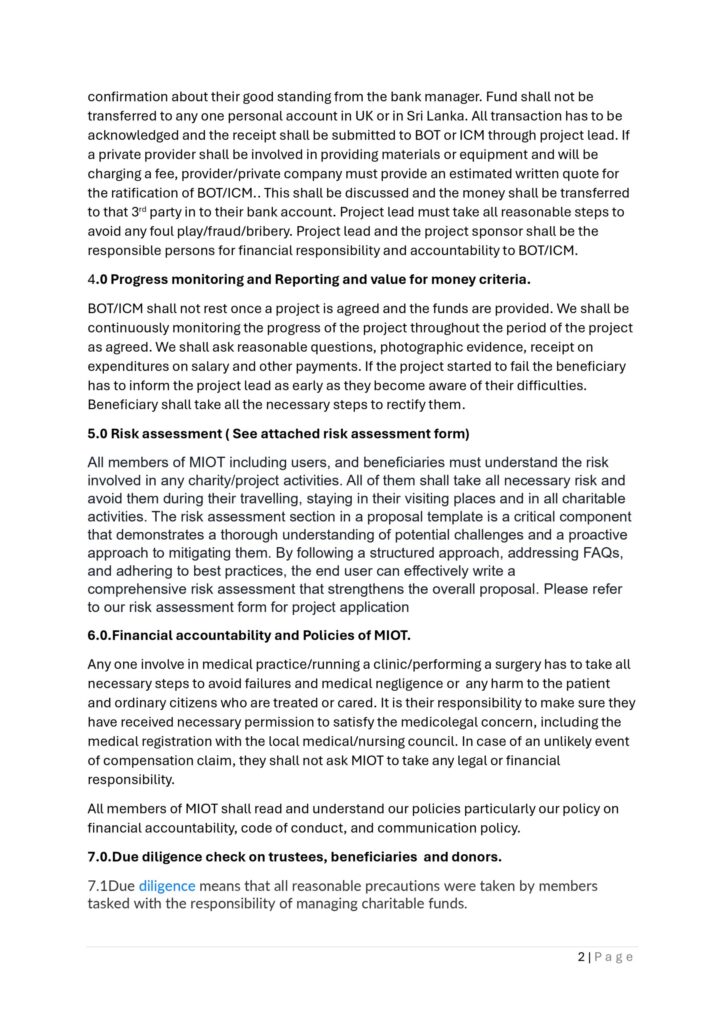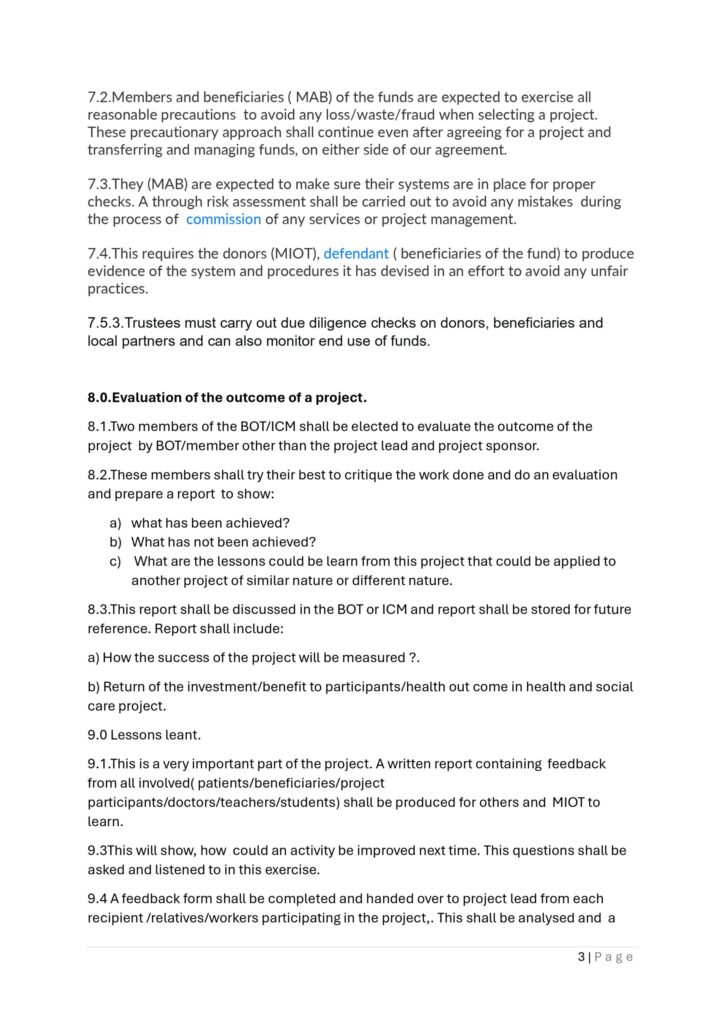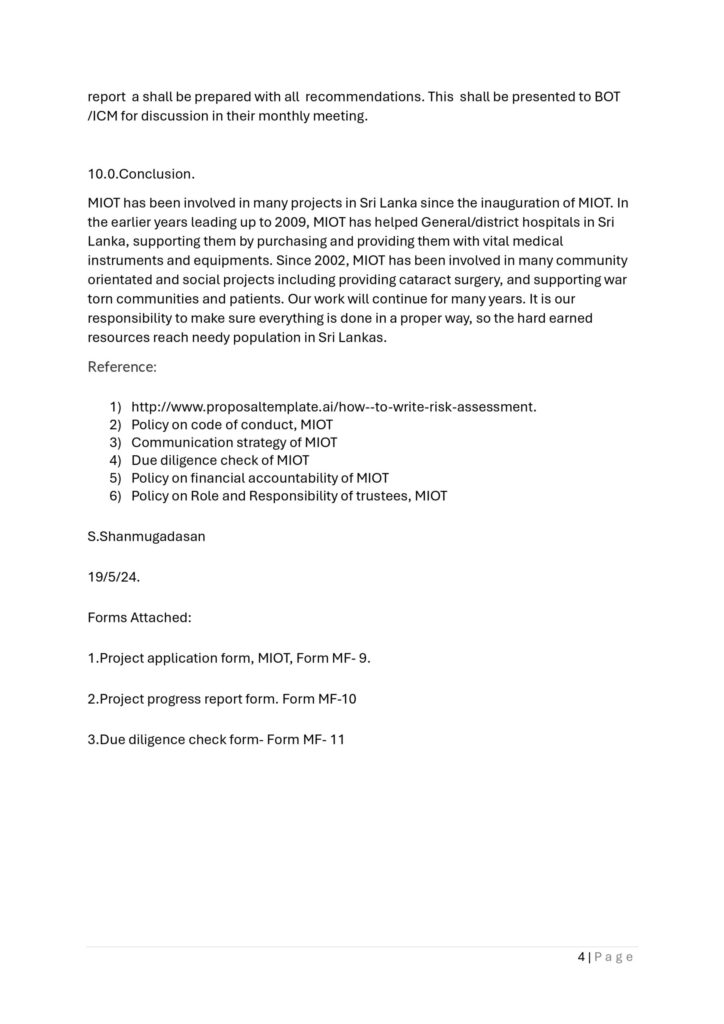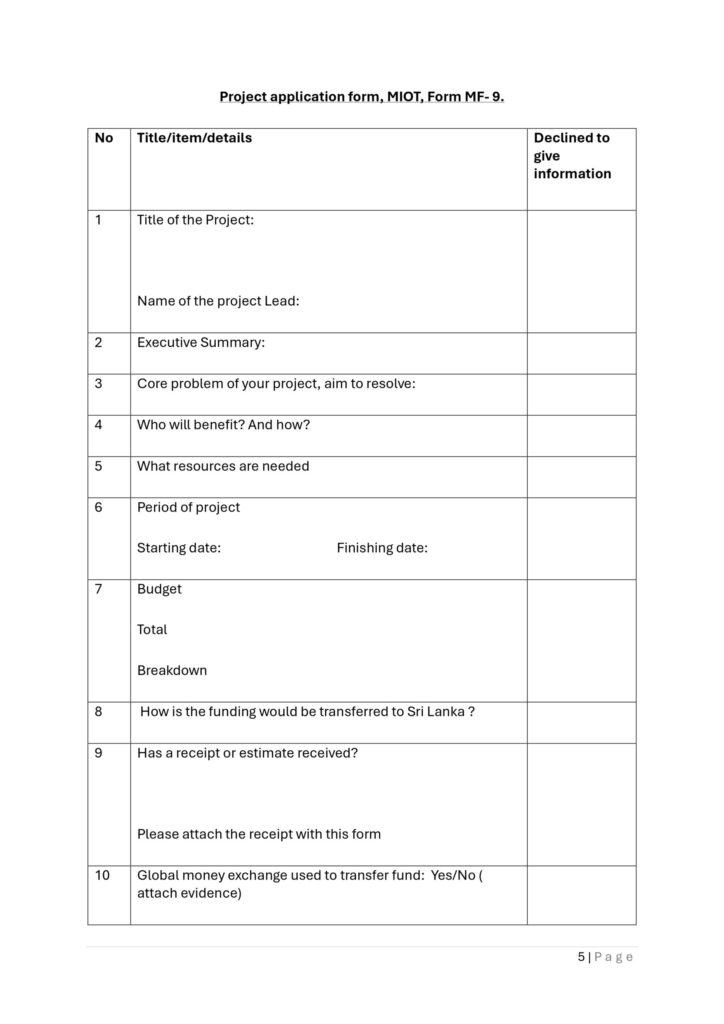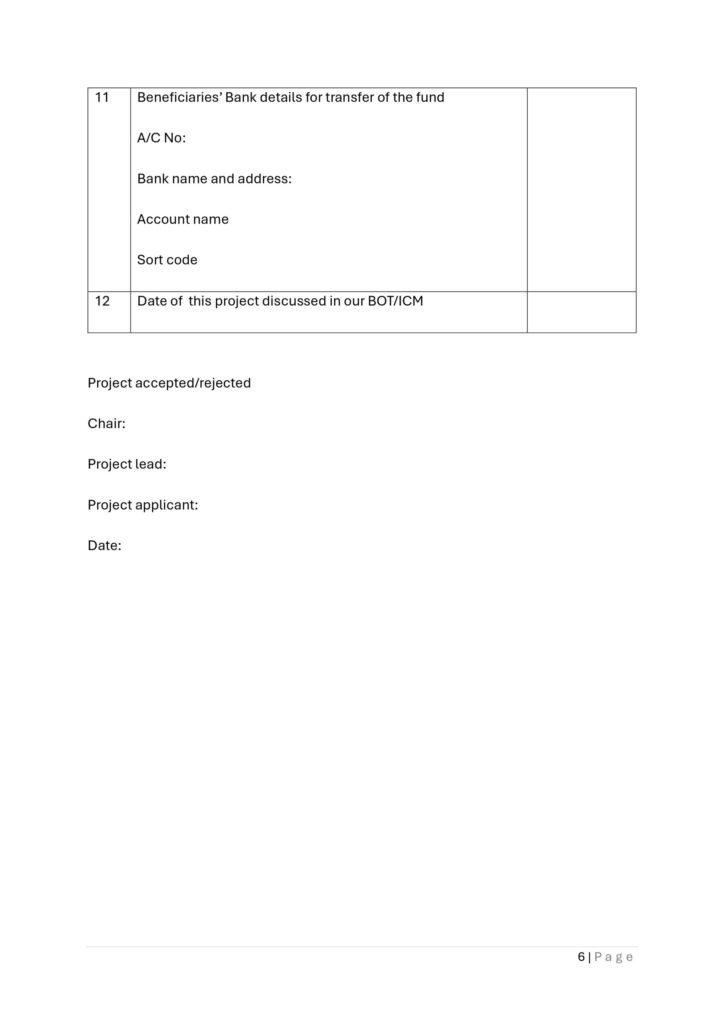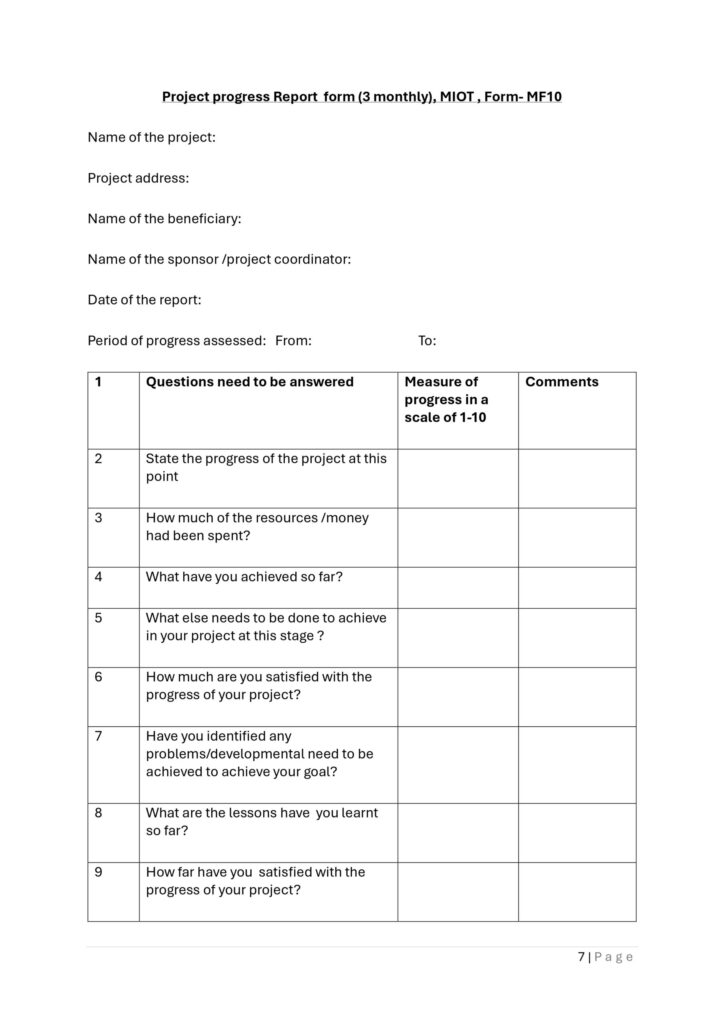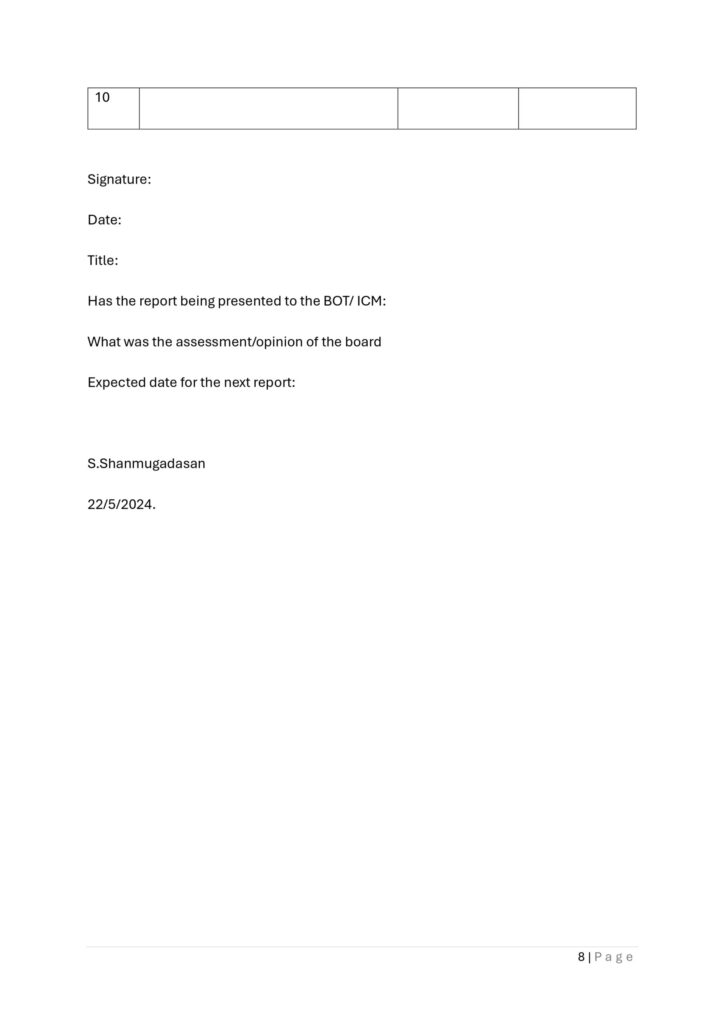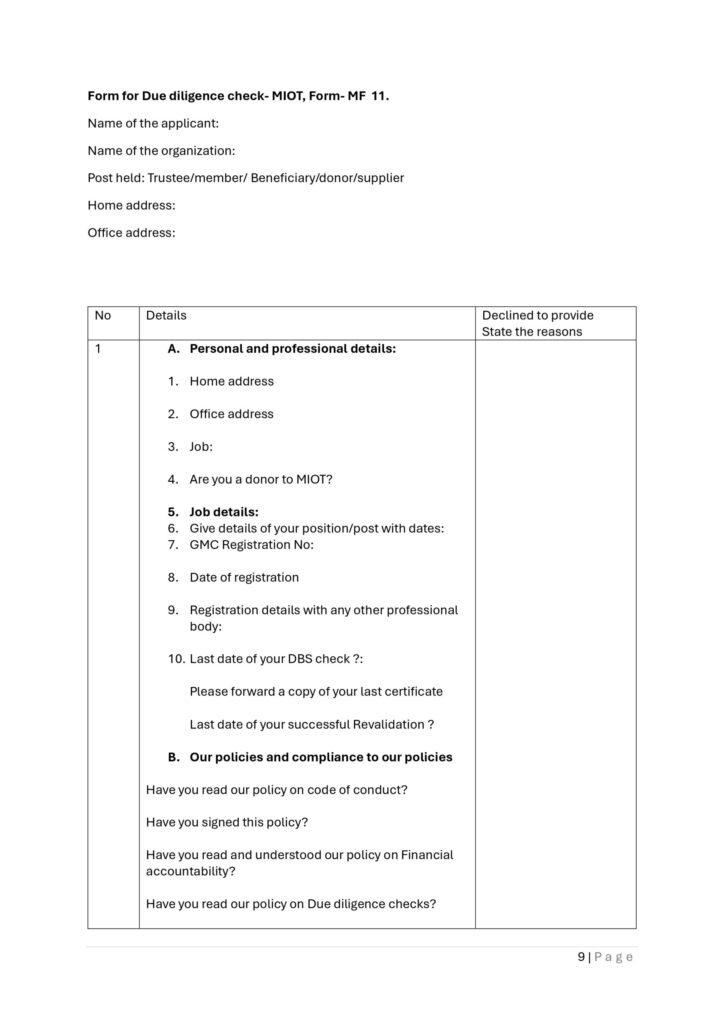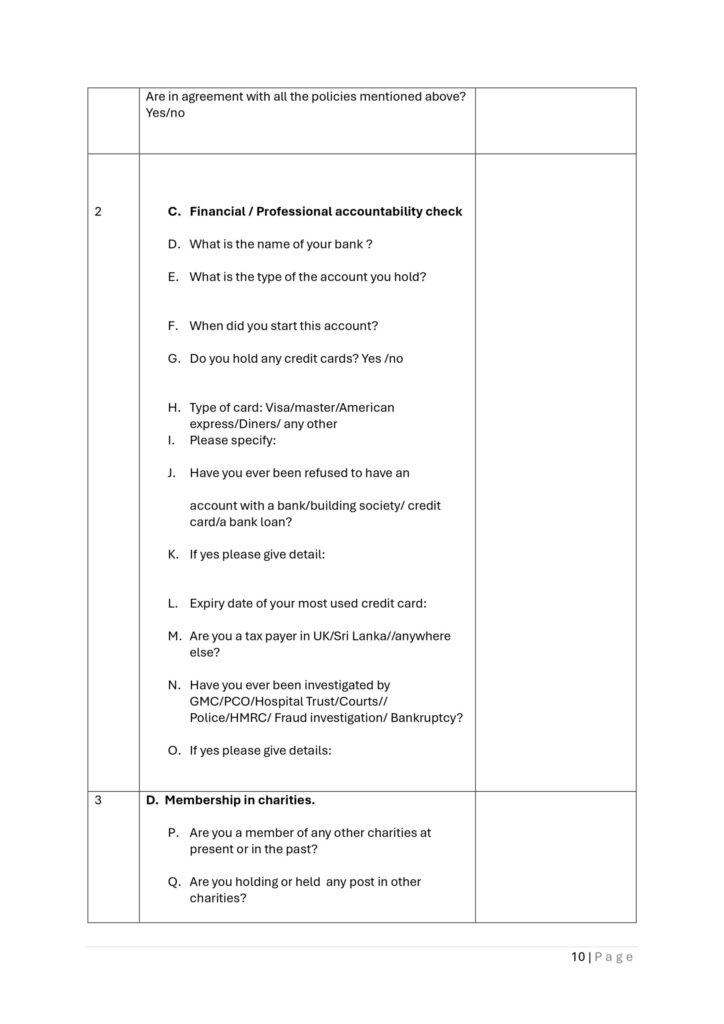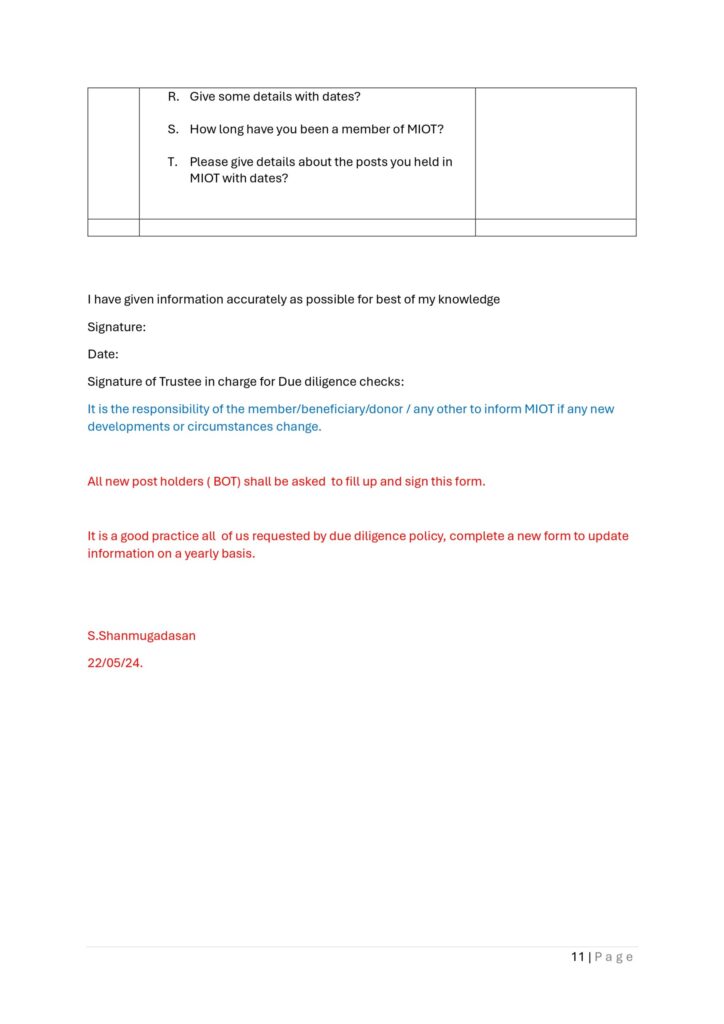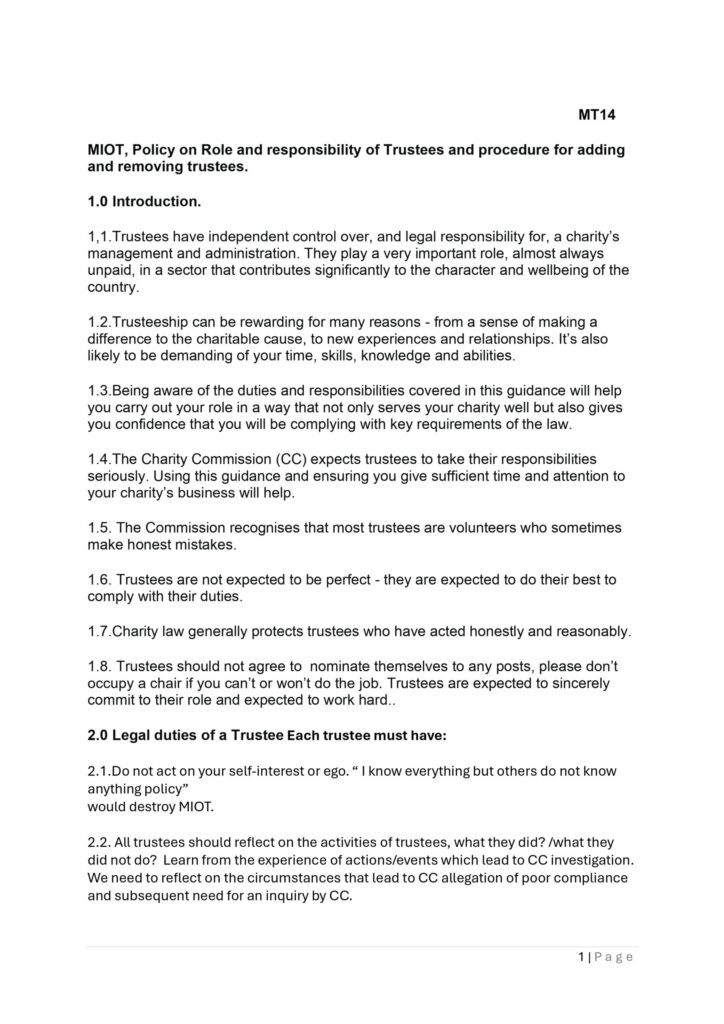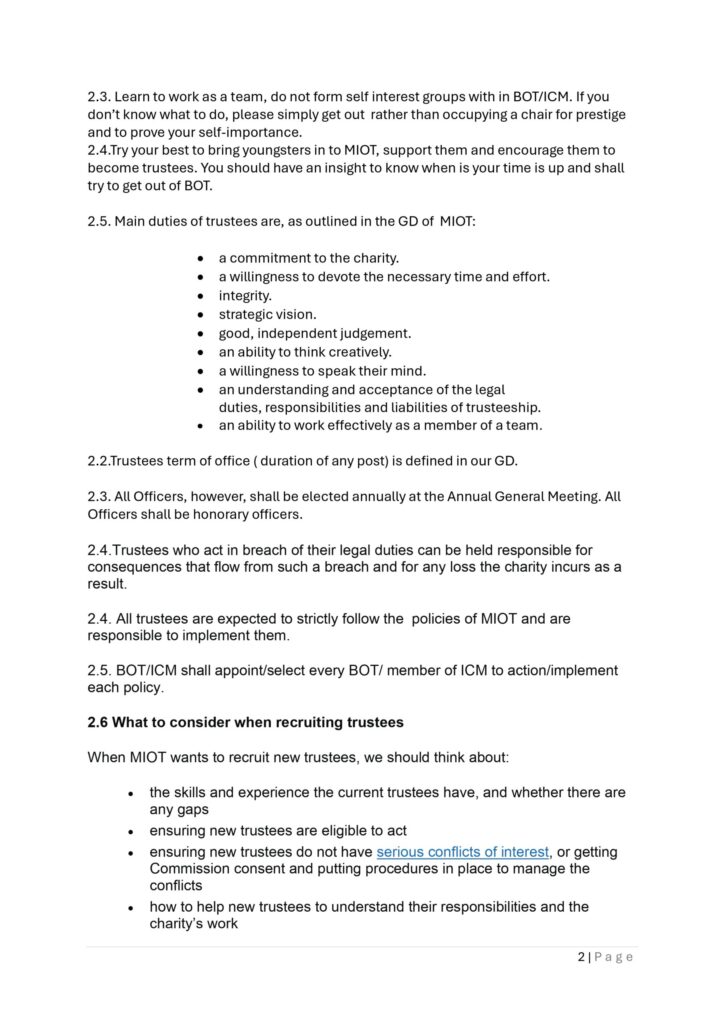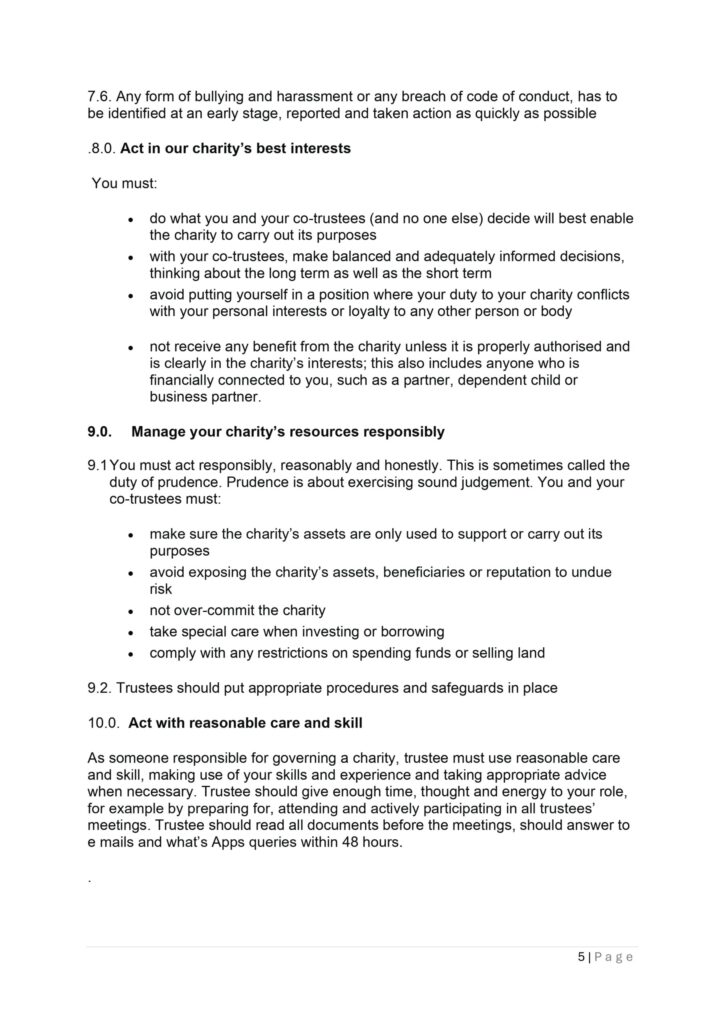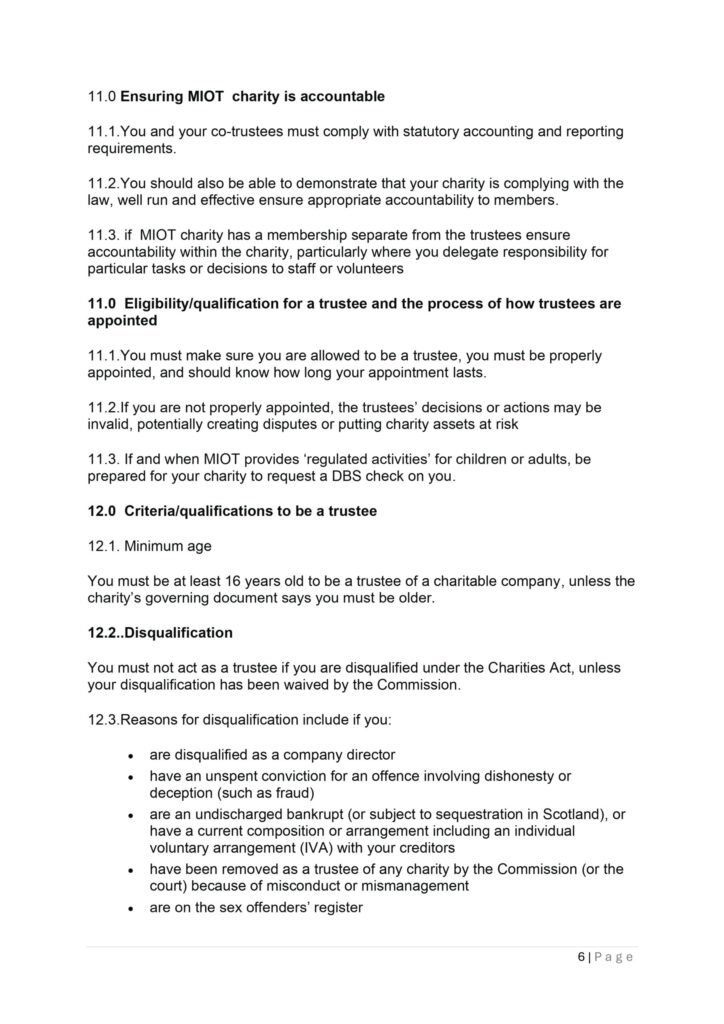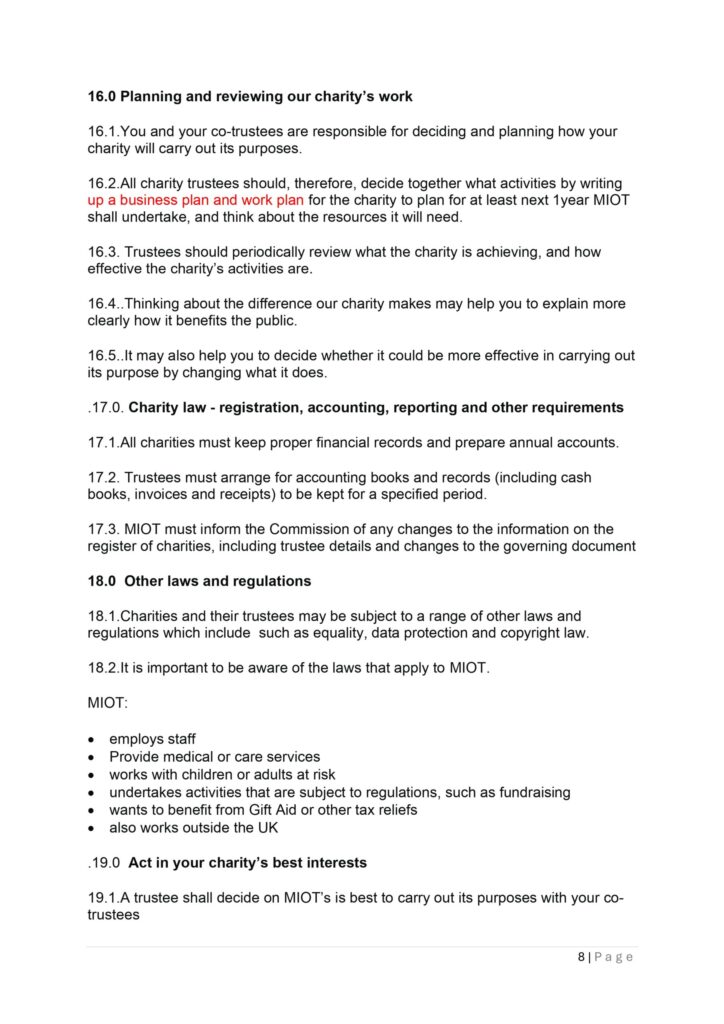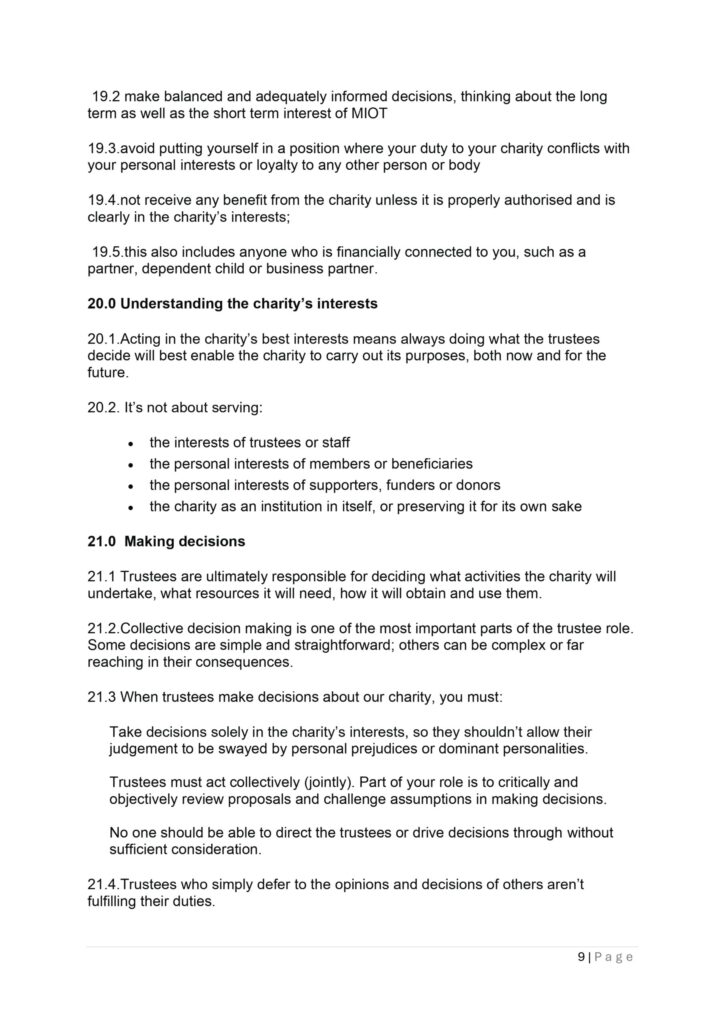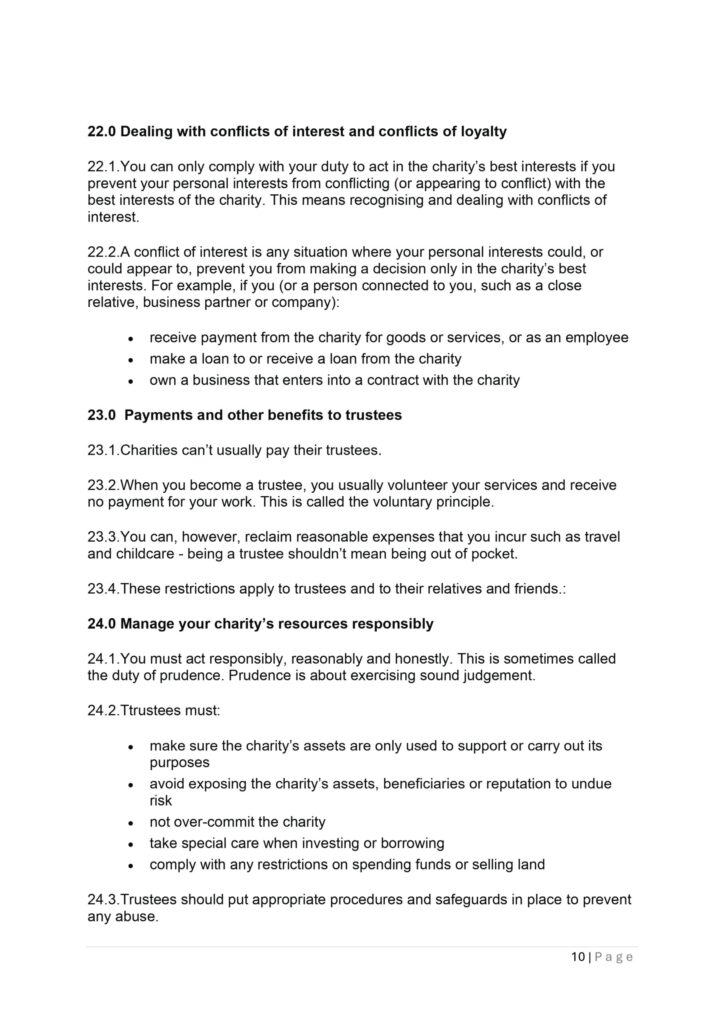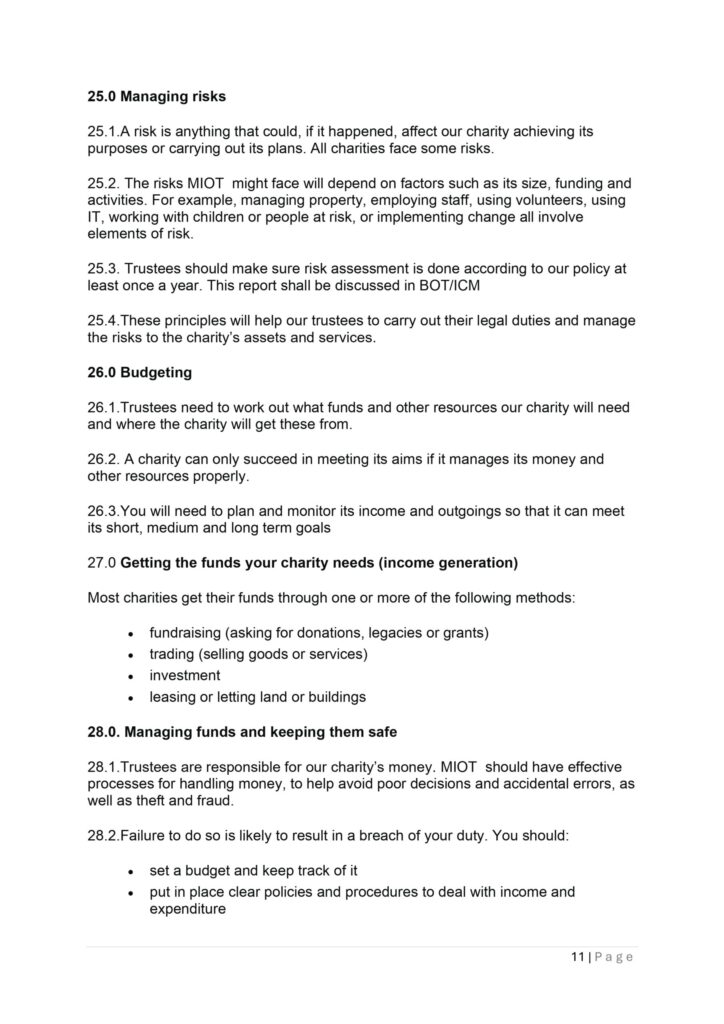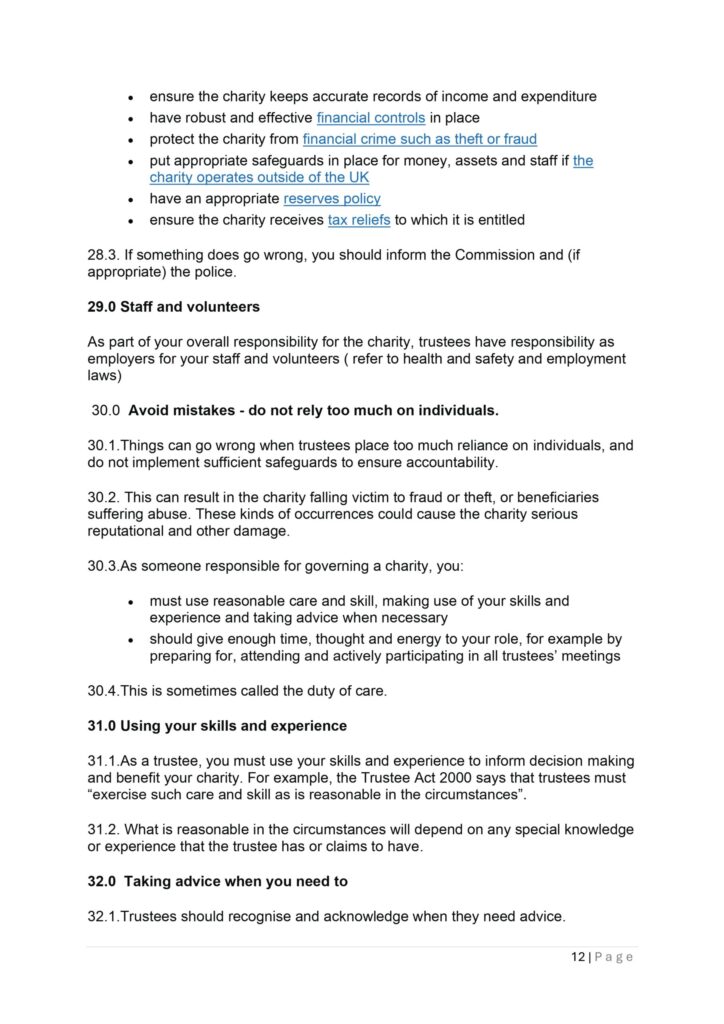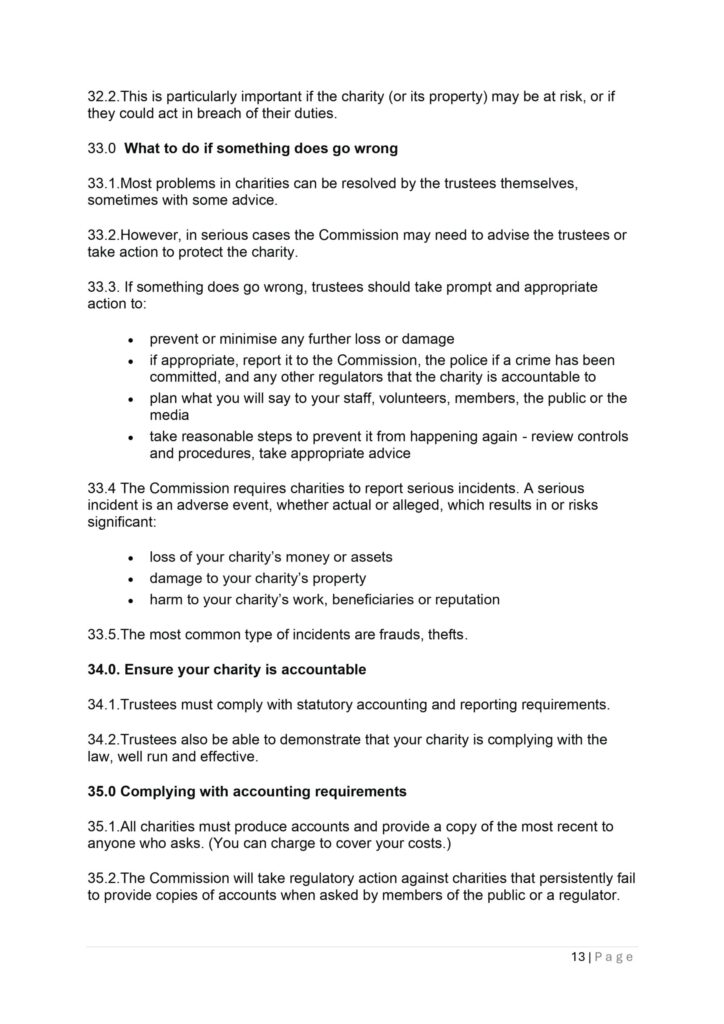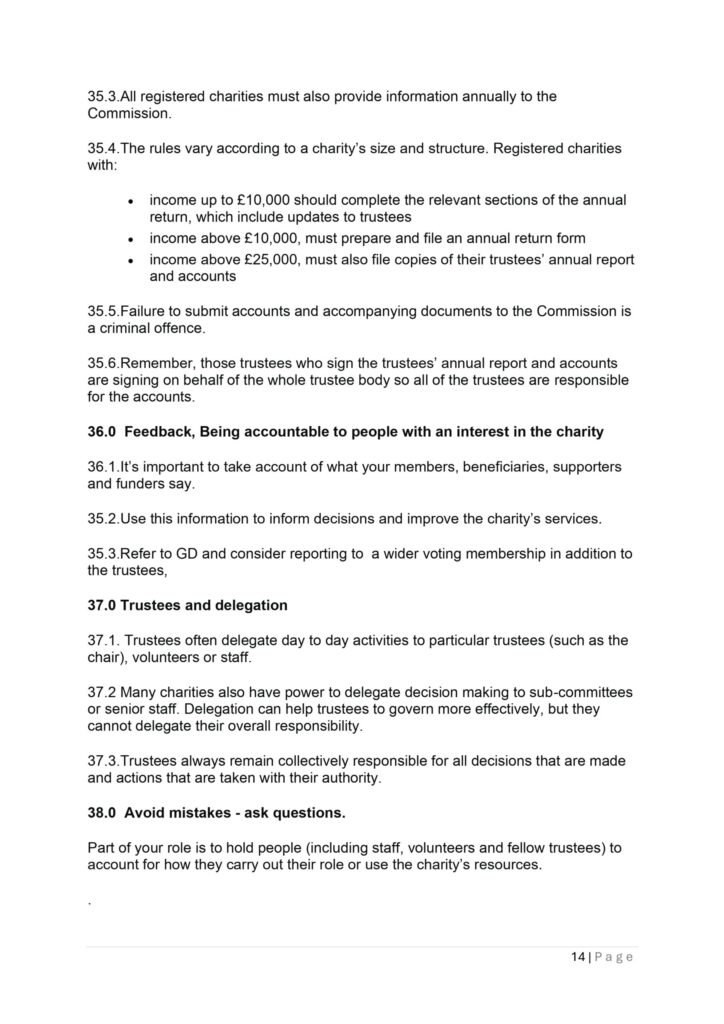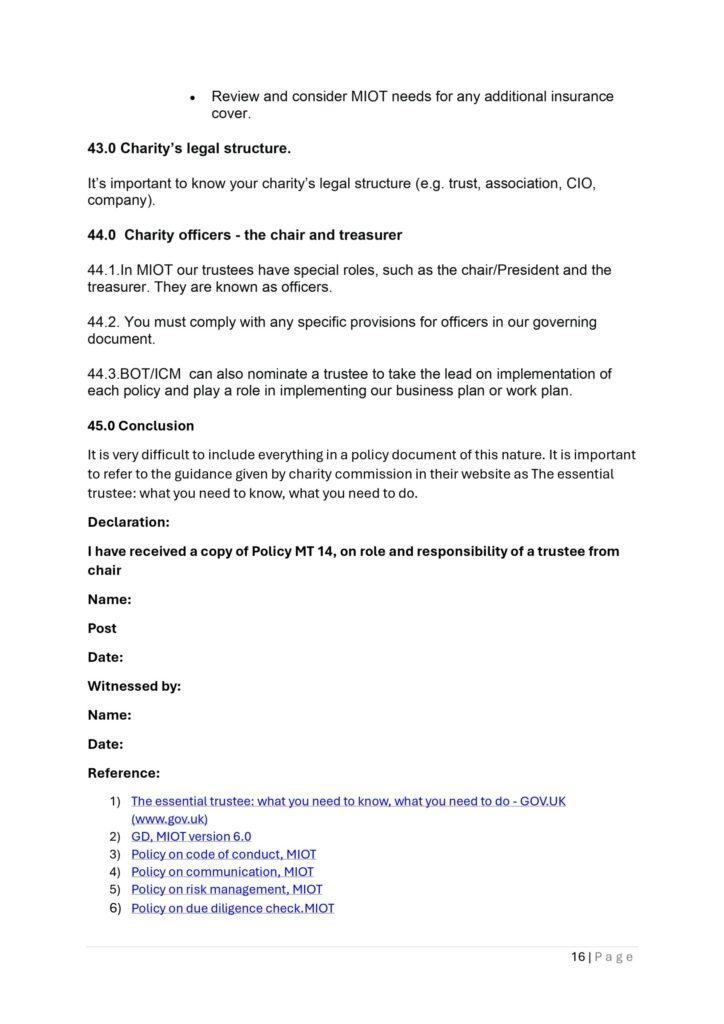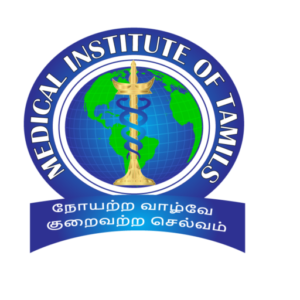
1.1 Management Committee Composition
The Management Committee (Board of Trustees) shall consist of 13 members:
- President
- Vice President
- General Secretary
- Assistant Secretary
- Treasurer
- Editor
- Coordinator – Overseas Affairs
- Coordinator – Community Care / Research
- Coordinator – Education
- Coordinator – Social
- Coordinator – Membership
All members of the BOT will serve as trustees of the Institute. Additionally, two external trustees shall be appointed from outside the committee.
1.2 Responsibilities of BOT Members
All members of the BOT must:
- Promote the Institute’s aims among members and the public.
- Diligently fulfil their designated duties.
- Work as a team, respecting colleagues’ skills and contributions.
- Actively participate in educational activities to enhance the Institute’s operations.
- Ensure that personal beliefs do not interfere with their contributions.
- Uphold honesty and trustworthiness.
- Establish an efficient team structure with the BOT’s approval.
1.3 Role of the President and Vice President
The President and Vice President lead the BOT, ensuring governance, strategy, and oversight of the charity’s activities. Their responsibilities include:
- Providing leadership in setting the charity’s strategy and policy.
- Planning and setting board meeting agendas.
- Chairing board meetings and ensuring decisions are implemented.
- Supporting and appraising the Chief Executive.
- Representing the charity at events and public functions.
1.4 Qualities of the President and Vice President
- Leadership skills and committee experience.
- Tact, diplomacy, and strong interpersonal abilities.
- Impartiality, fairness, and discretion.
President
- Lead the organization and ensure the efficient functioning of the BOT.
- Ensure the Treasurer fulfils their responsibilities.
- Maintain diplomacy and networking within and beyond the Institute.
Vice President
- Perform duties as assigned by the President.
- Chair meetings in the President’s absence.
- Undertake similar responsibilities as the President.
1.5. General Secretary
- Convene BOT and general membership meetings as required.
- Communicate with members in collaboration with the Editor.
- Maintain official meeting records.
1.6.Assistant Secretary
- Assist the Secretary in assigned duties.
- Maintain meeting records in the Secretary’s absence.
1.7.Treasurer
- Oversee, approve, and present budgets, accounts, and financial statements.
- Ensure financial resources meet the charity’s present and future needs.
- Maintain appropriate financial controls and procedures.
- Provide financial advice on strategic plans.
- Ensure compliance with legal financial reporting obligations.
- Lead fundraising strategies and financial resource management.
- Present financial reports at the Annual General Meeting (AGM).
1.7.Editor
- Ensure the quarterly publication of MIOT NEWS to inform members of Institute activities.
- Maintain educational resources and materials relevant to the Institute.
- Promote the Institute’s activities through various media channels.
1.8.Coordinators
1.81.Social Coordinator:
- Organize socio-cultural activities with regional teams.
- Contribute to membership growth and fundraising through events.
1.82.Membership Coordinator:
- Support the Social Coordinator in organizing activities.
- Work towards expanding the Institute’s membership.
2.0. Duties of the Board of Trustees
- Ensure the charity operates within legal and constitutional boundaries.
- Define the mission, vision, and strategic goals.
- Safeguard the Institute’s values and integrity.
- Approve budgets and monitor financial performance.
- Protect and manage the Institute’s assets effectively.
- Ensure accountability to regulatory bodies and stakeholders.
- Conduct annual reviews of board performance.
- Appoint and review the Chief Executive’s performance.
2.1. Trustee Expectations
Each trustee must:
- Commit time and effort to the Institute’s activities.
- Act with integrity and strategic vision.
- Exercise independent judgment and creative thinking.
- Accept the legal responsibilities of trusteeship.
- Work collaboratively as part of a team.
2.2. Term Limits and Elections
- The President and Vice President shall serve a maximum of three years and are ineligible for re-election.
- Other officers, including trustees, may serve one three-year term unless no other members express interest in the position.
- All officers are elected annually at the AGM and serve in an honorary capacity.
2.3. Nomination and Election Process
- Nominations must be submitted to the Secretary at least 28 days before the AGM.
- Each nomination must be proposed and seconded in writing and include the candidate’s written consent.
- All official correspondence, including AGM notices and reports, will be sent via email and made available on the MIOT website: https://miot.uk/.
2.4. Resignation and Vacancy Procedures
- Any officer may resign with a minimum three-month notice to the Secretary.
- Temporary appointments will be made in consultation with the President and Vice President until an official election is held.
- In case of serious illness or death, the Secretary may co-opt a temporary replacement.
For a detailed description, please refer to our Governing Document 6.2

Attachment- A
MIOT Charity – Trustees’ Conflict of Interest Policy
- Purpose of the Policy
The purpose of this policy is to protect MIOT and its trustees from any actual, potential, or perceived conflicts of interest that could undermine the charity’s decisions, operations, or reputation. It ensures that trustees act in the best interests of MIOT at all times and comply with legal and ethical standards.
- Scope
This policy applies to:
- All members of MIOT’s Board of Trustees;
- Any co-opted committee members, advisers, or observers involved in MIOT’s governance.
It applies to both personal and professional interests that may conflict with MIOT’s work.
- Definition of Conflict of Interest
A conflict of interest arises when a trustee’s duty to act solely in the best interests of the charity could be (or appears to be) influenced by:
- A personal, financial, or professional interest;
- A duty or loyalty owed to another person or organisation;
- Family, close relationships, or other affiliations.
Conflicts may be:
- Actual – a clear conflict exists;
- Potential – a conflict could arise in the future;
- Perceived – a situation that appears to present a conflict, even if none exists in fact.
- Common Examples of Conflicts
- Financial interest in a company or supplier bidding for work with MIOT.
- Family member employed by or applying for a role within MIOT.
- Serving on the board of another charity or organisation that may compete with or influence MIOT.
- Receiving benefits (e.g., payment, gifts, or hospitality) that could influence decision-making.
- Trustee Duties
Trustees must:
- Always act in MIOT’s best interests; MIOT does not belong to a single member
- Avoid situations where personal interests conflict with charity duties;
- Declaring all relevant interests and updating them as circumstances change;
- Withdraw from discussions and decisions where a conflict exists or may be perceived.
- Declaration of Interests (Complete form before next meeting)
- All trustees must complete a Declaration of Interests Form upon appointment and update it annually or whenever circumstances change.
- A Register of Interests will be maintained by the Secretary or Governance Lead.
- Interests to be declared include employment, directorships, trusteeships, financial holdings, and close personal or professional relationships.
- Managing Conflicts of Interest
If a conflict arises:
- Declare the interest at the start of the meeting or as soon as it becomes apparent.
- The Board (excluding the conflicted trustee) will assess the situation.
- The conflicted trustee must withdraw from the relevant part of the meeting and must not participate in decision-making or voting.
- The conflict and the actions taken must be minuted clearly.
In some cases, the Board may determine that:
- The trustee may stay for discussion (but not decision-making);
- An independent review or adviser is needed;
- The conflict is so serious that the trustee should resign from their position.
- Related Party Transactions
Any financial transactions involving trustees or connected persons (e.g., family or business partners) must:
- Be in MIOT’s best interests;
- Be authorised in advance by the Board;
- Comply with the Charity Commission’s rules on trustee benefits and payments;
- Be fully documented and reported in the annual accounts, as required by the SORP (Statement of Recommended Practice).
- Breaches of Policy
Failure to declare or properly manage a conflict may lead to:
- Trustee disqualification or removal;
- Reputational damage to MIOT;
- Regulatory investigation by the Charity Commission.
Any concerns about breaches must be raised with the Chair of Trustees and recorded.
- Review and Approval
This policy will be reviewed every three years or more frequently if prompted by changes in regulation, governance practice, or MIOT’s operations.
Approved by the Board of Trustees:
Date: __________________
Signature: ___________________________
Position: Chair of Trustees
